"Marty was wonderfully hospitable and the Rotary dog was such a fun surprise. Wanted to share a few pictures."
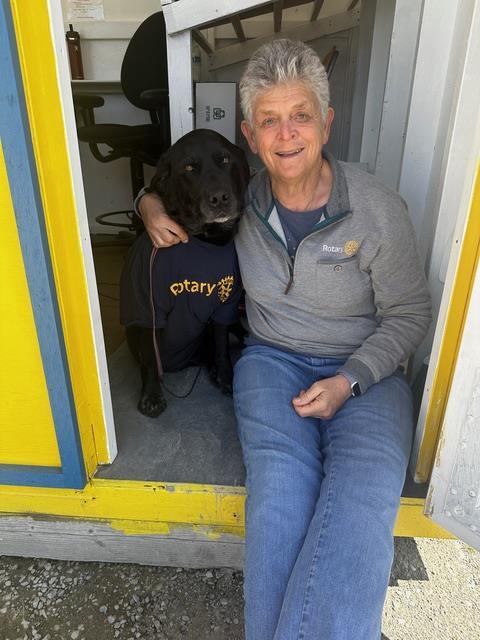
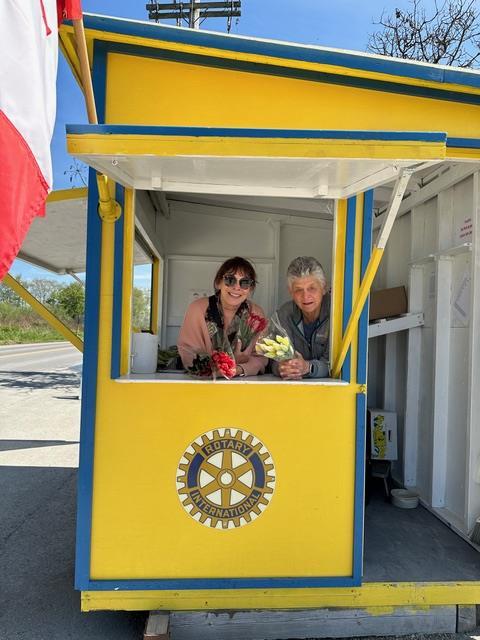


"We will be overflowing with tulips for AT LEAST the first three weeks of April. How long the tulip bloom lasts will depend on Mother Nature"
"The length of time that each bloom lasts depends on how warm it is. During a cool spring, with temperatures between 45-55 degrees Fahrenheit, tulips will bloom for 1-2 weeks but if the weather is warmer, each bloom will last for just a few days."
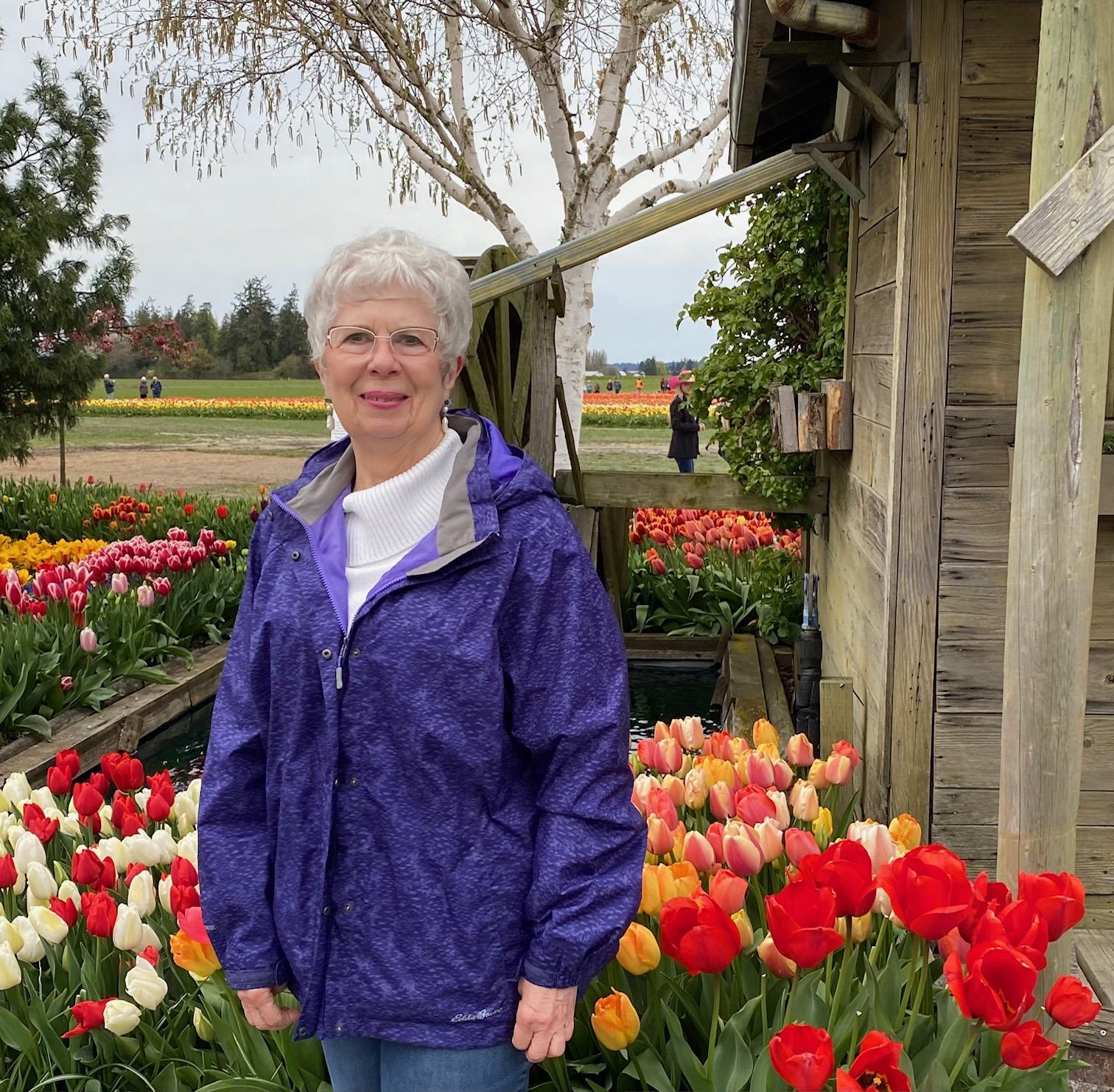
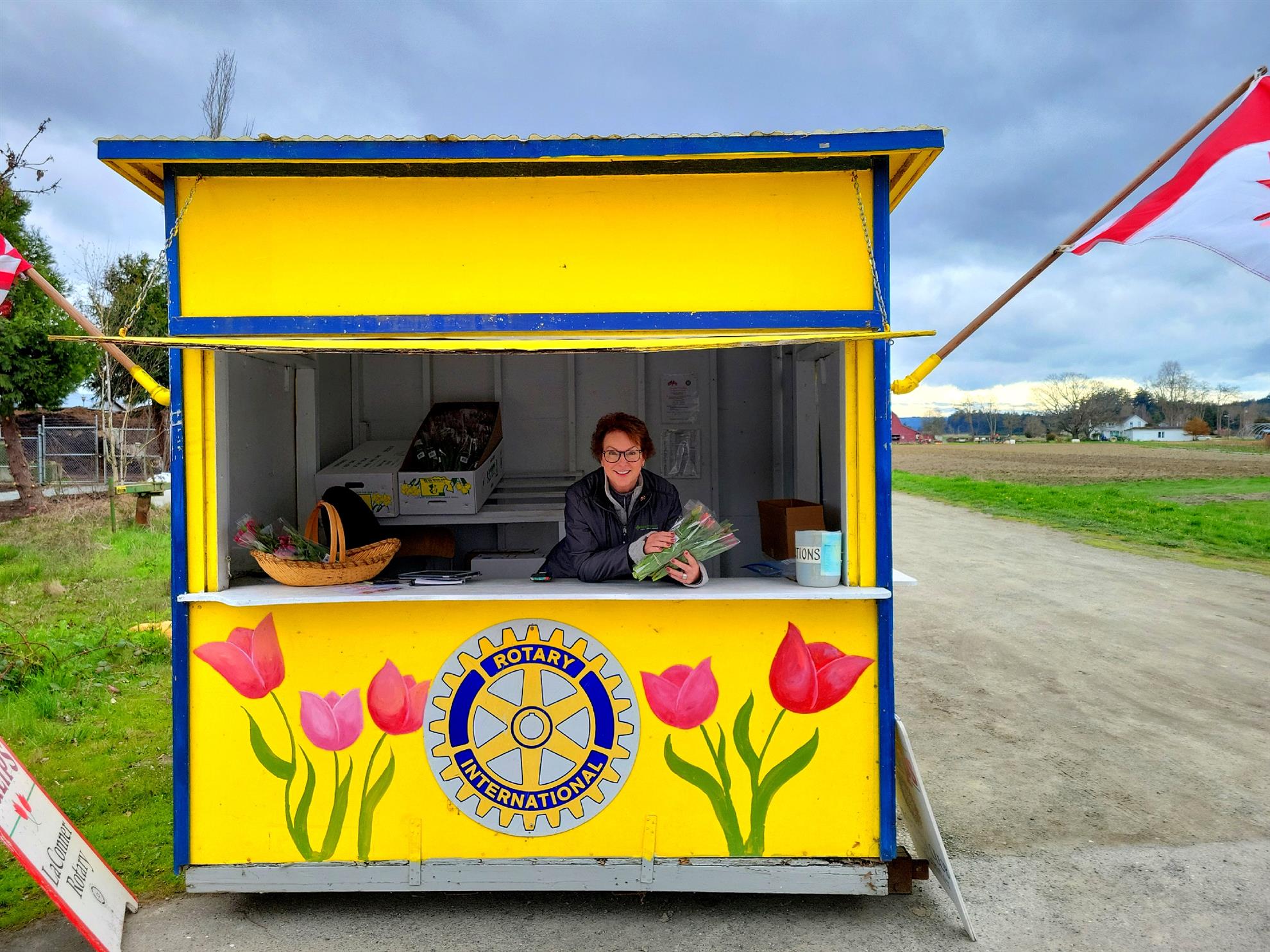
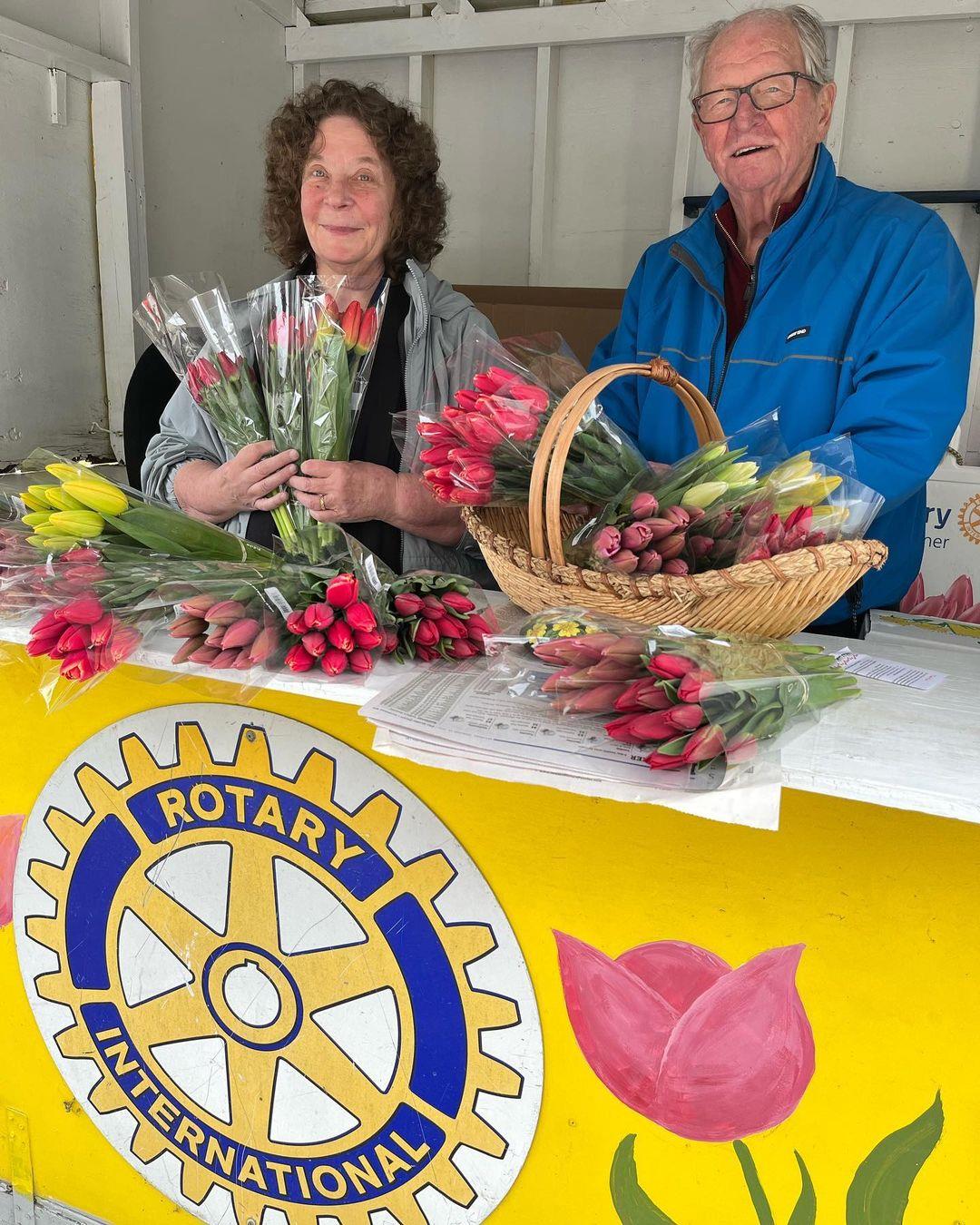
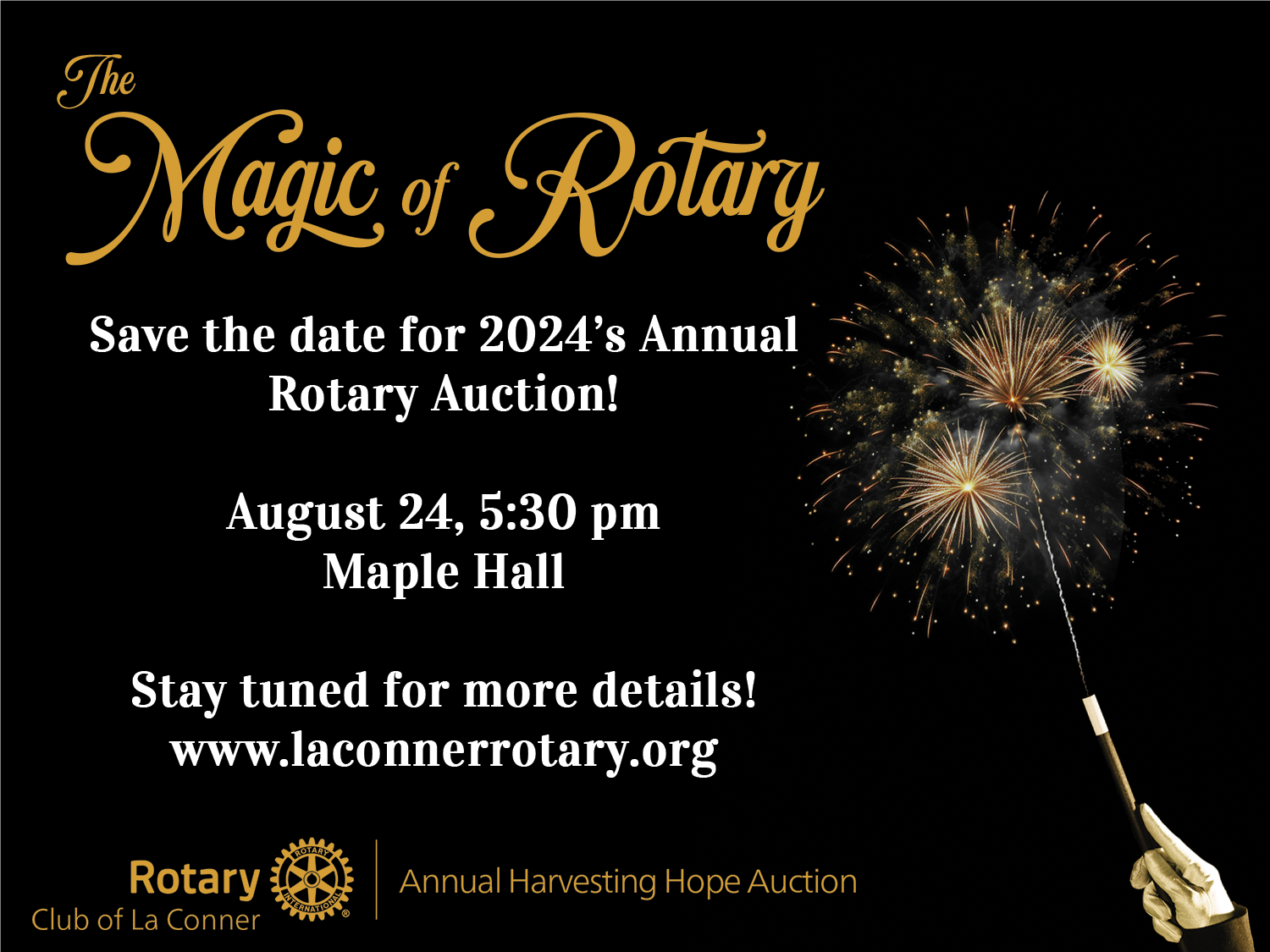
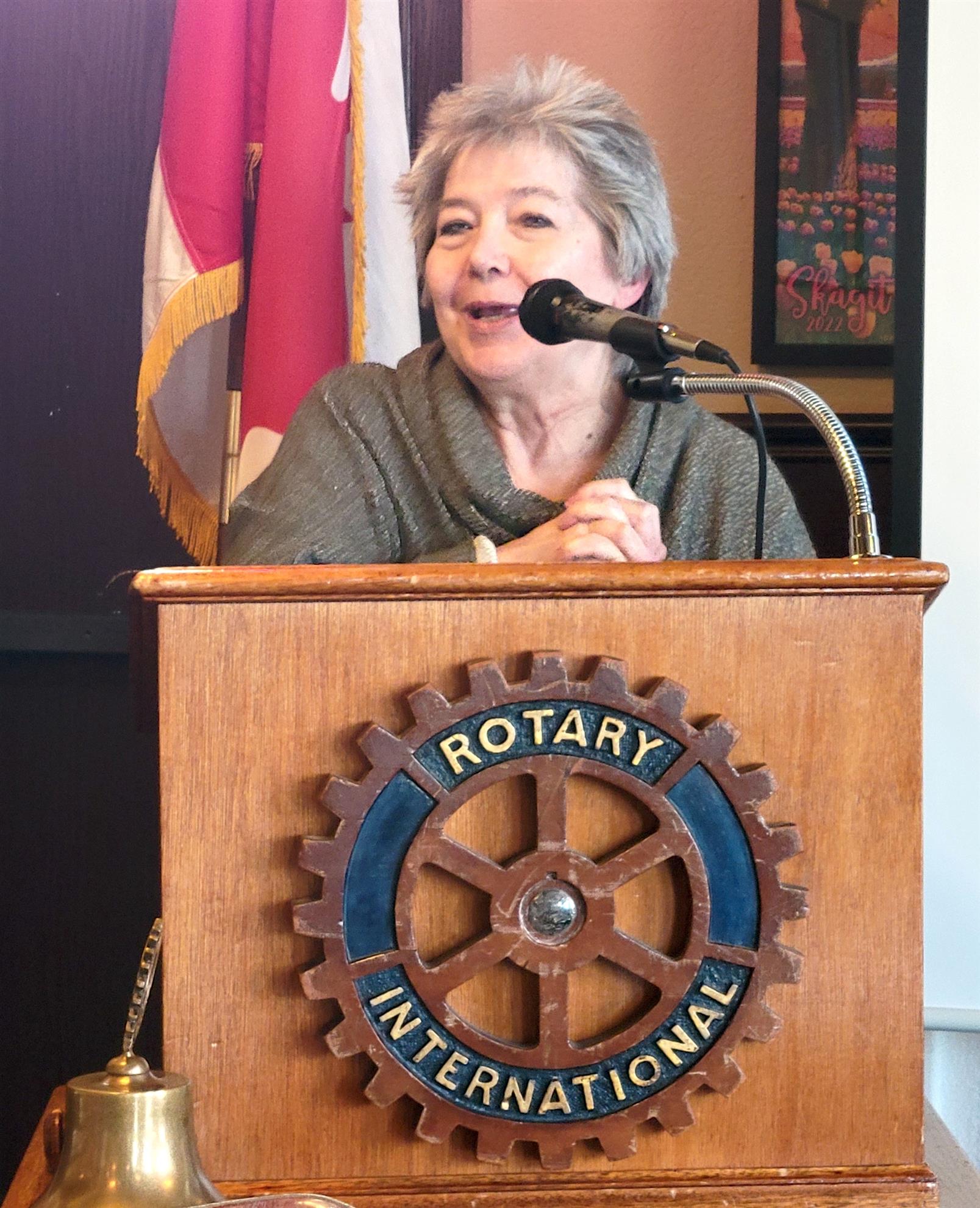
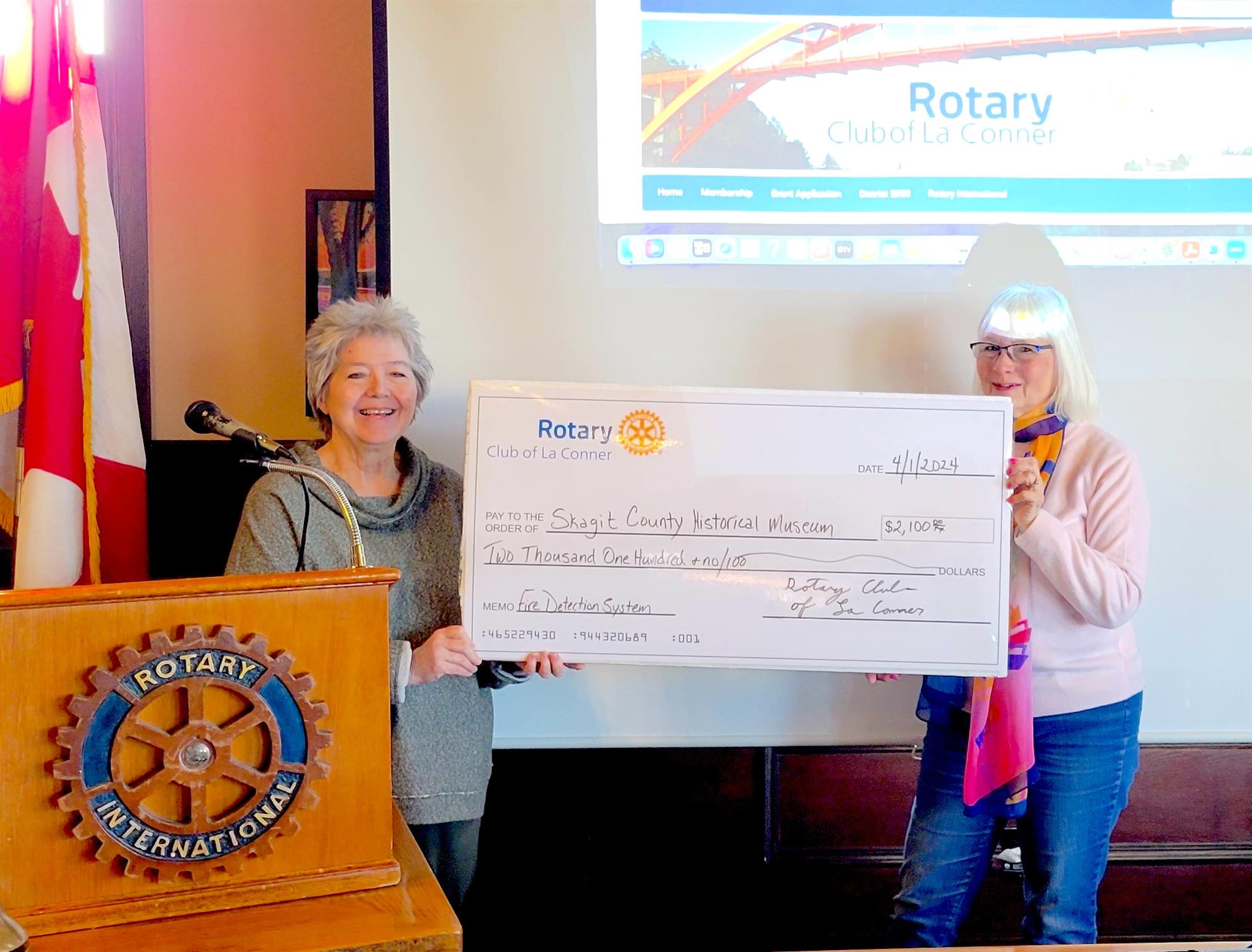
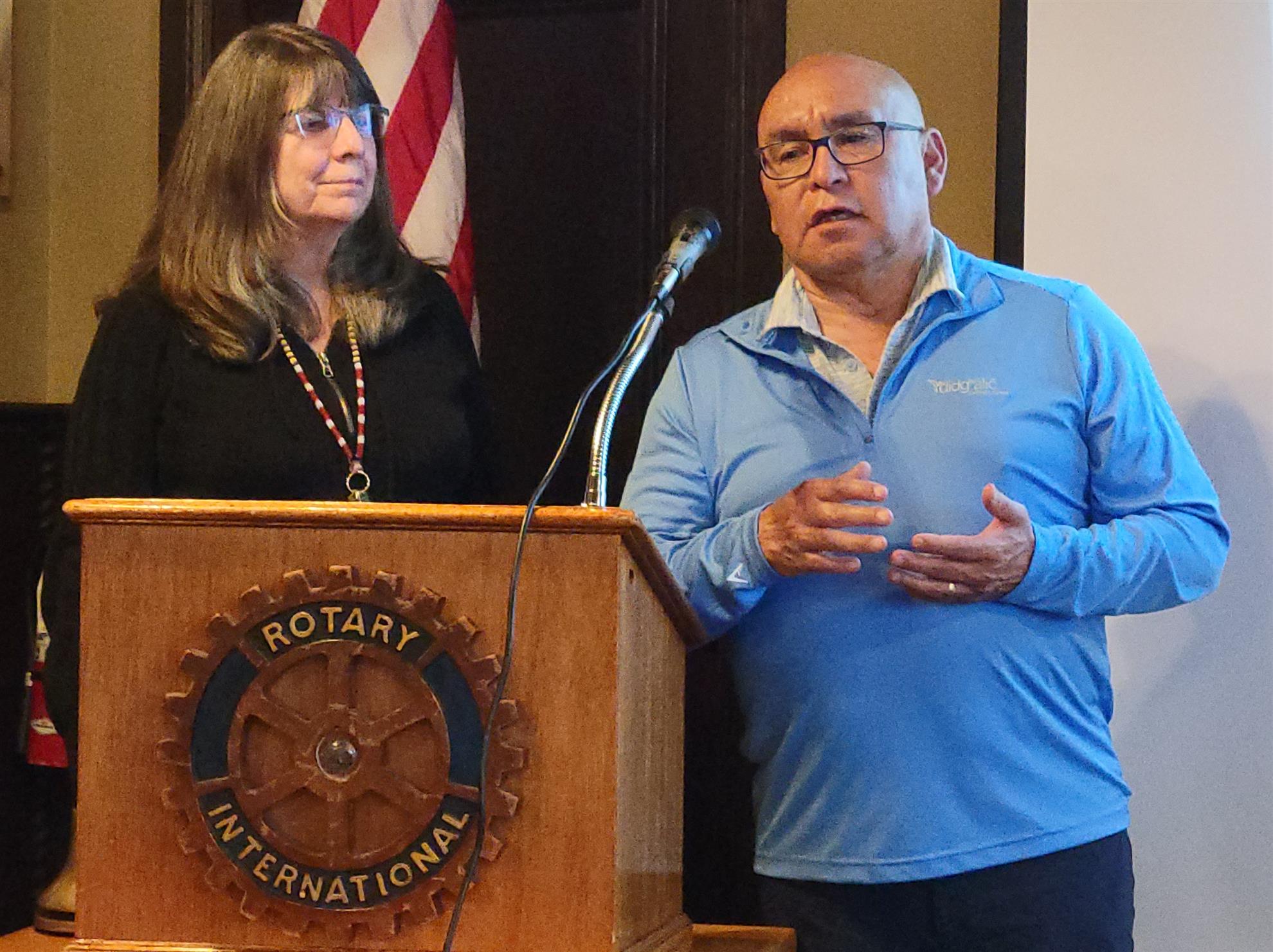
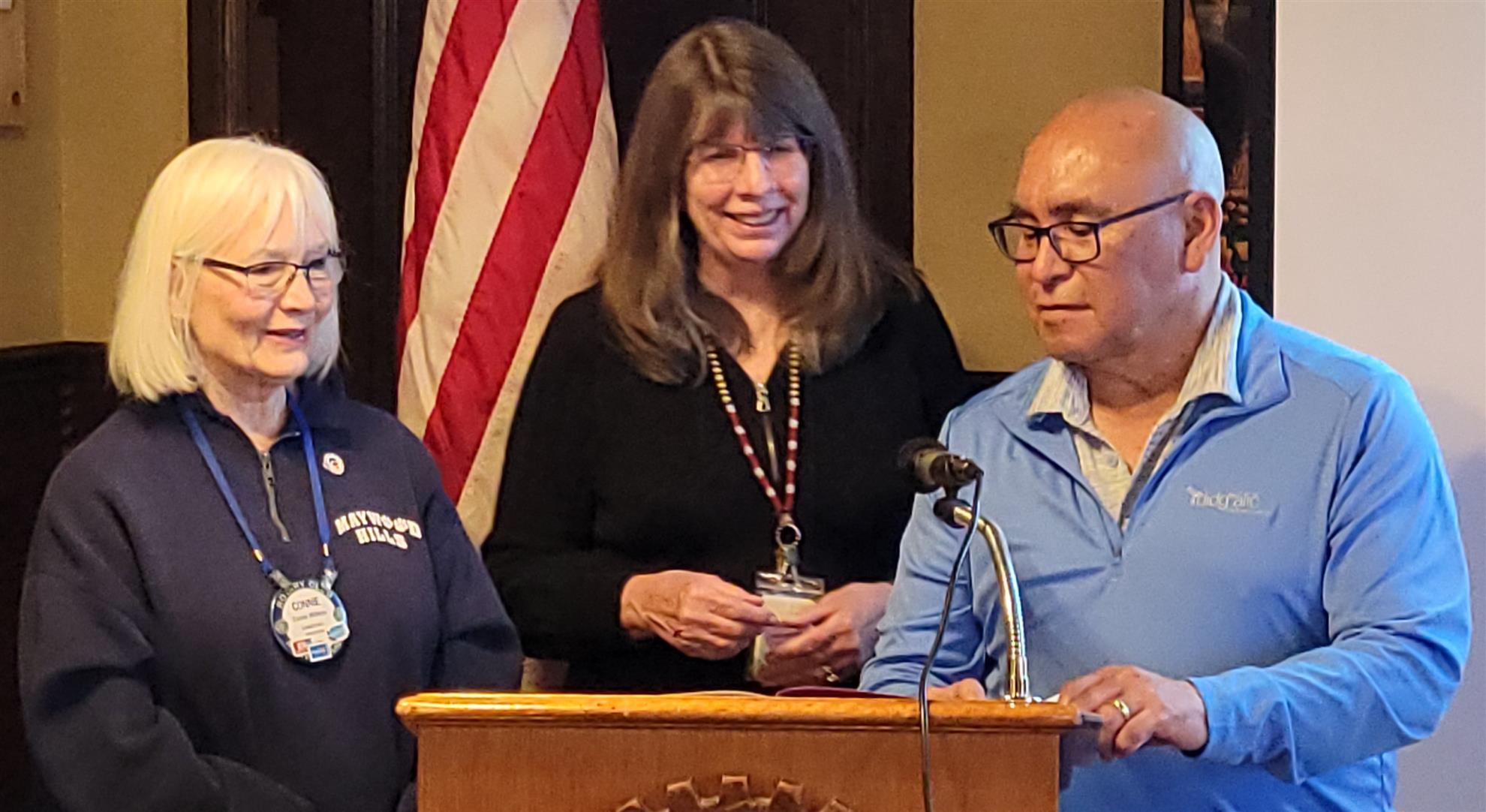
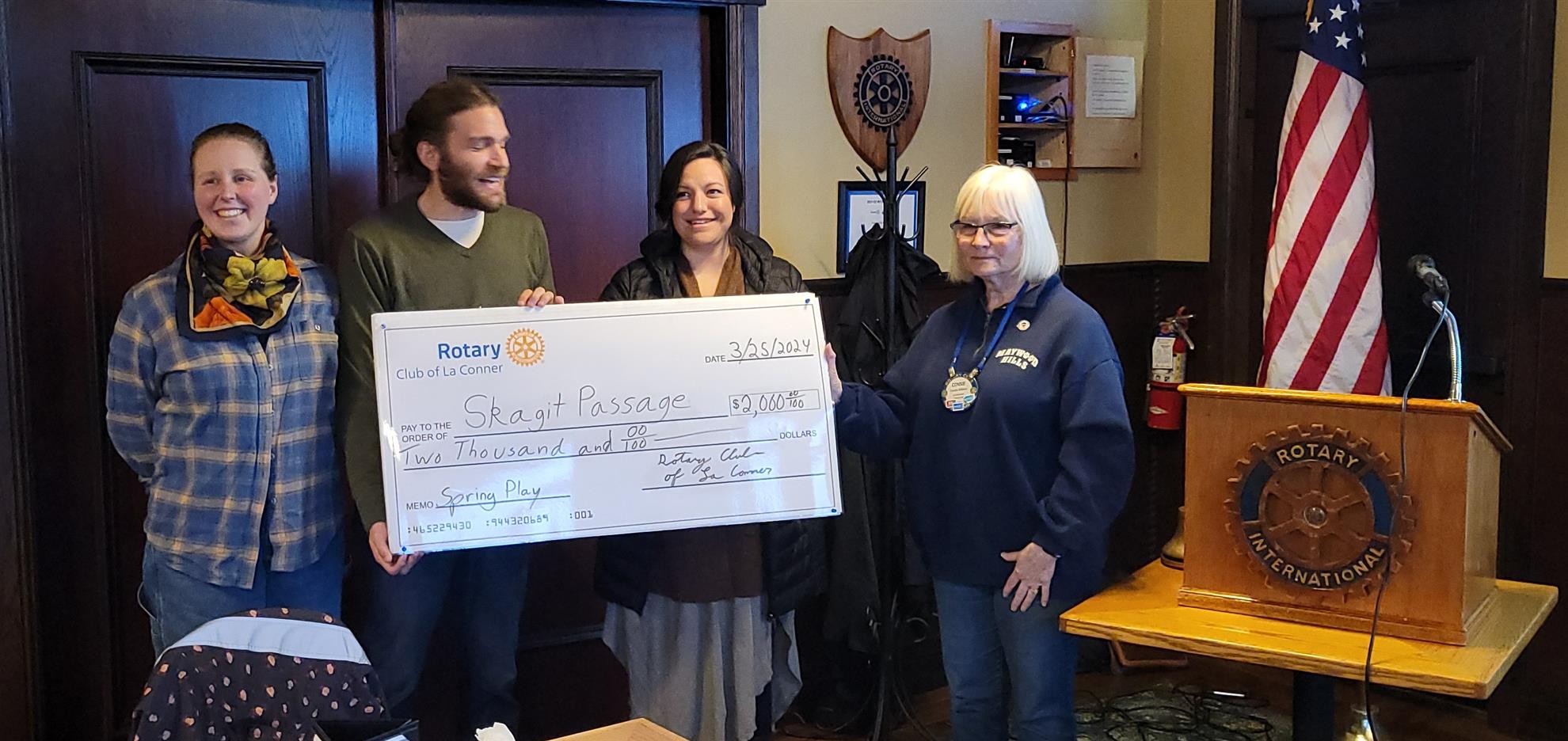
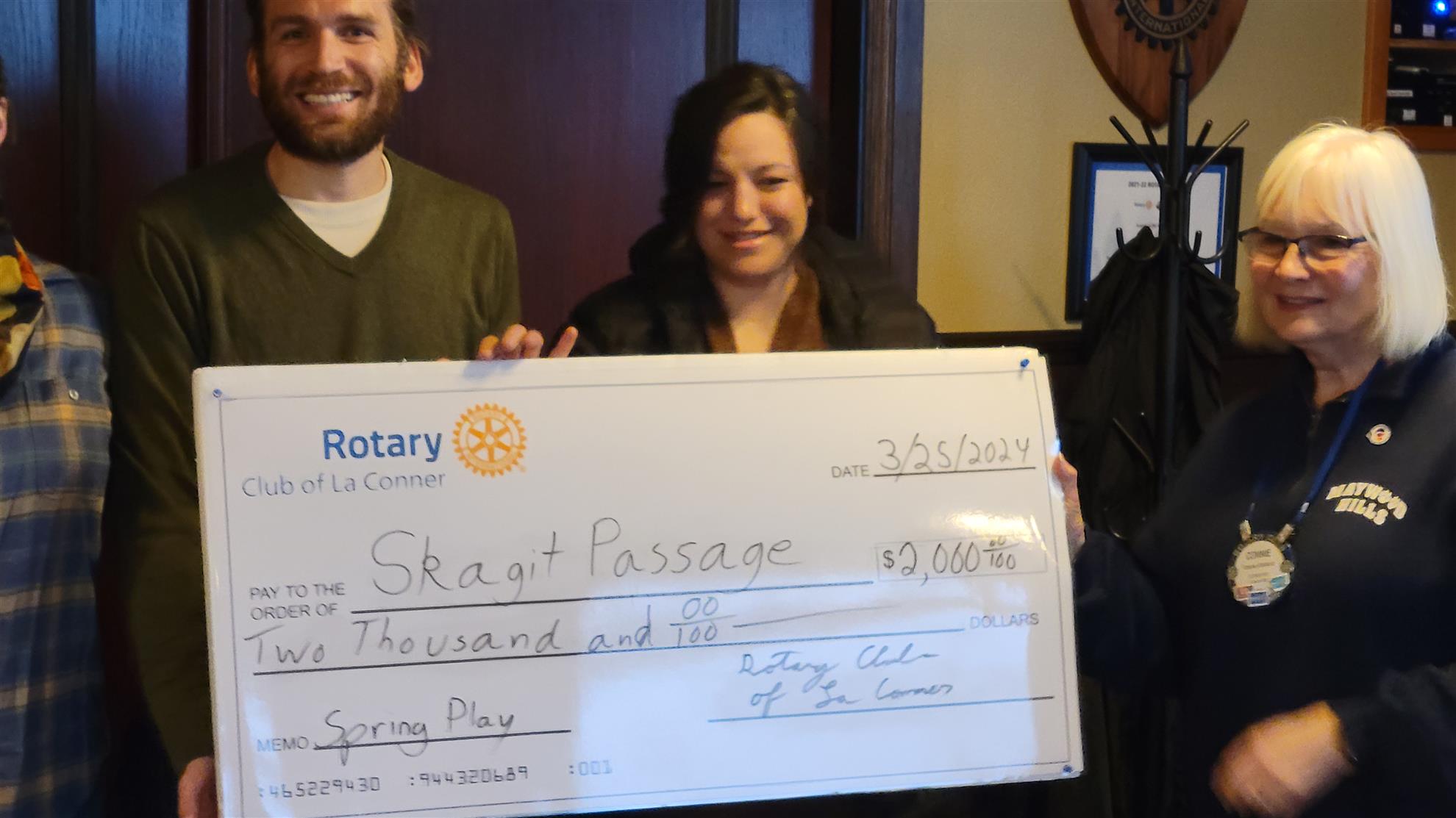
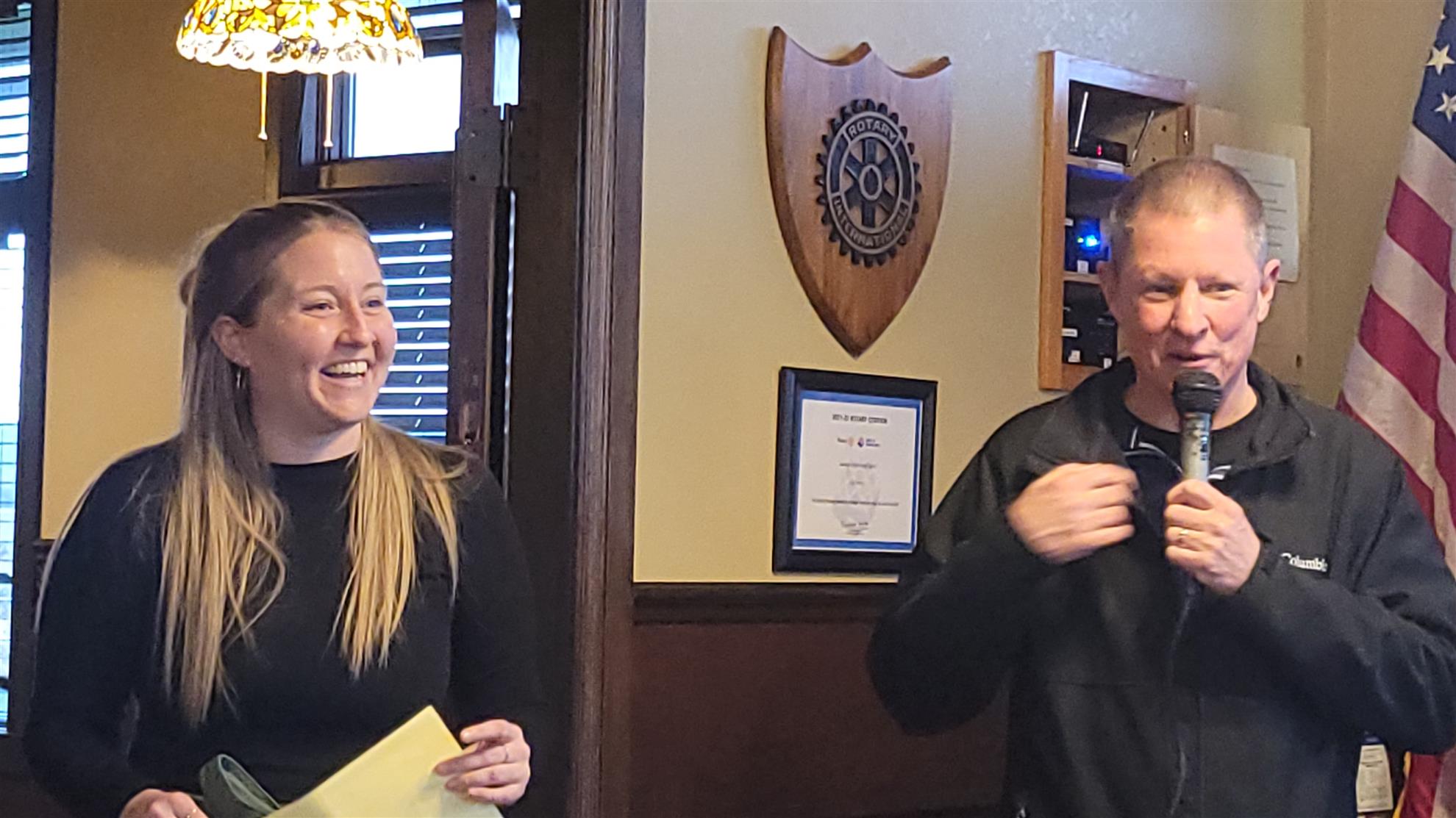
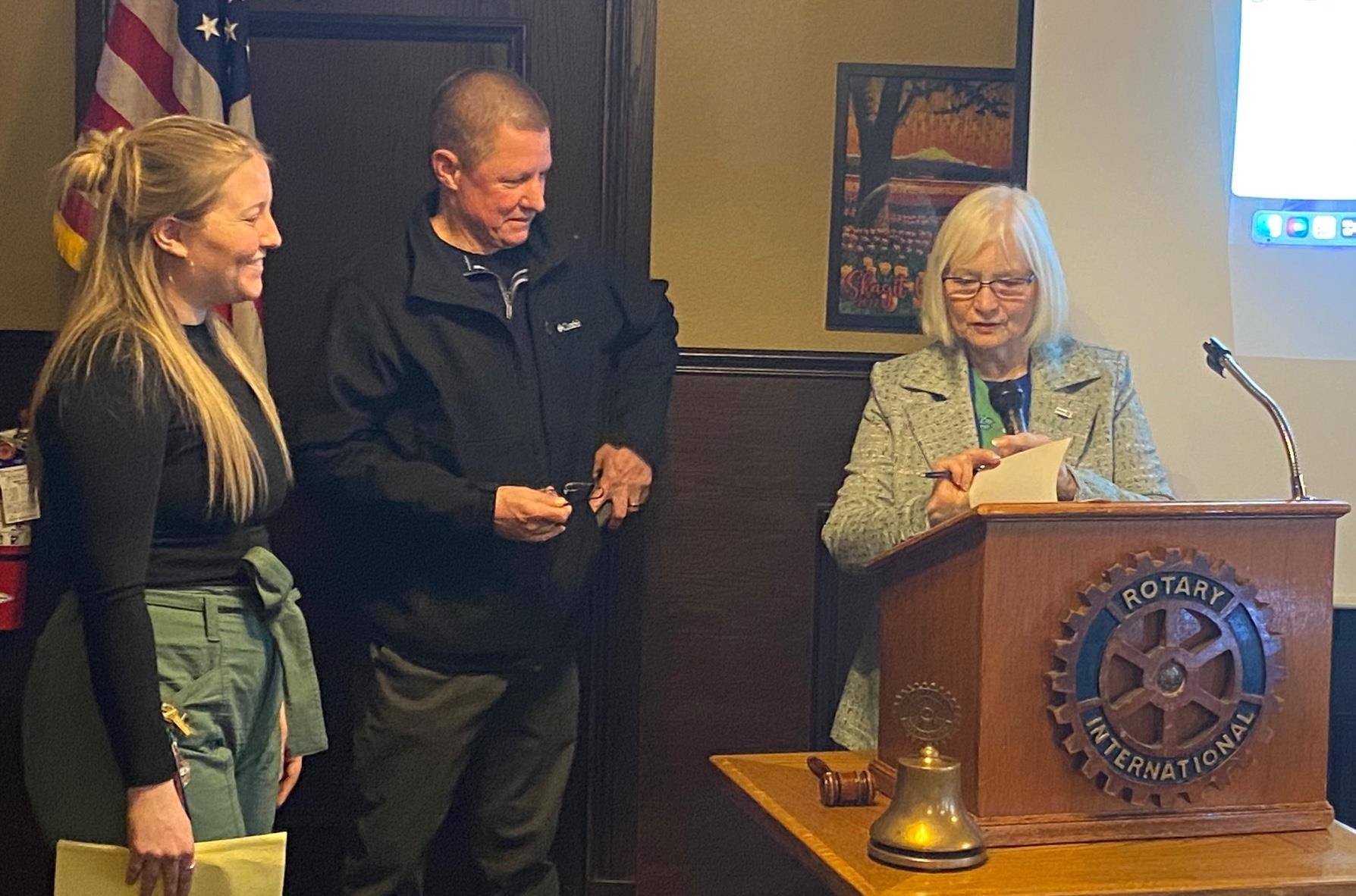
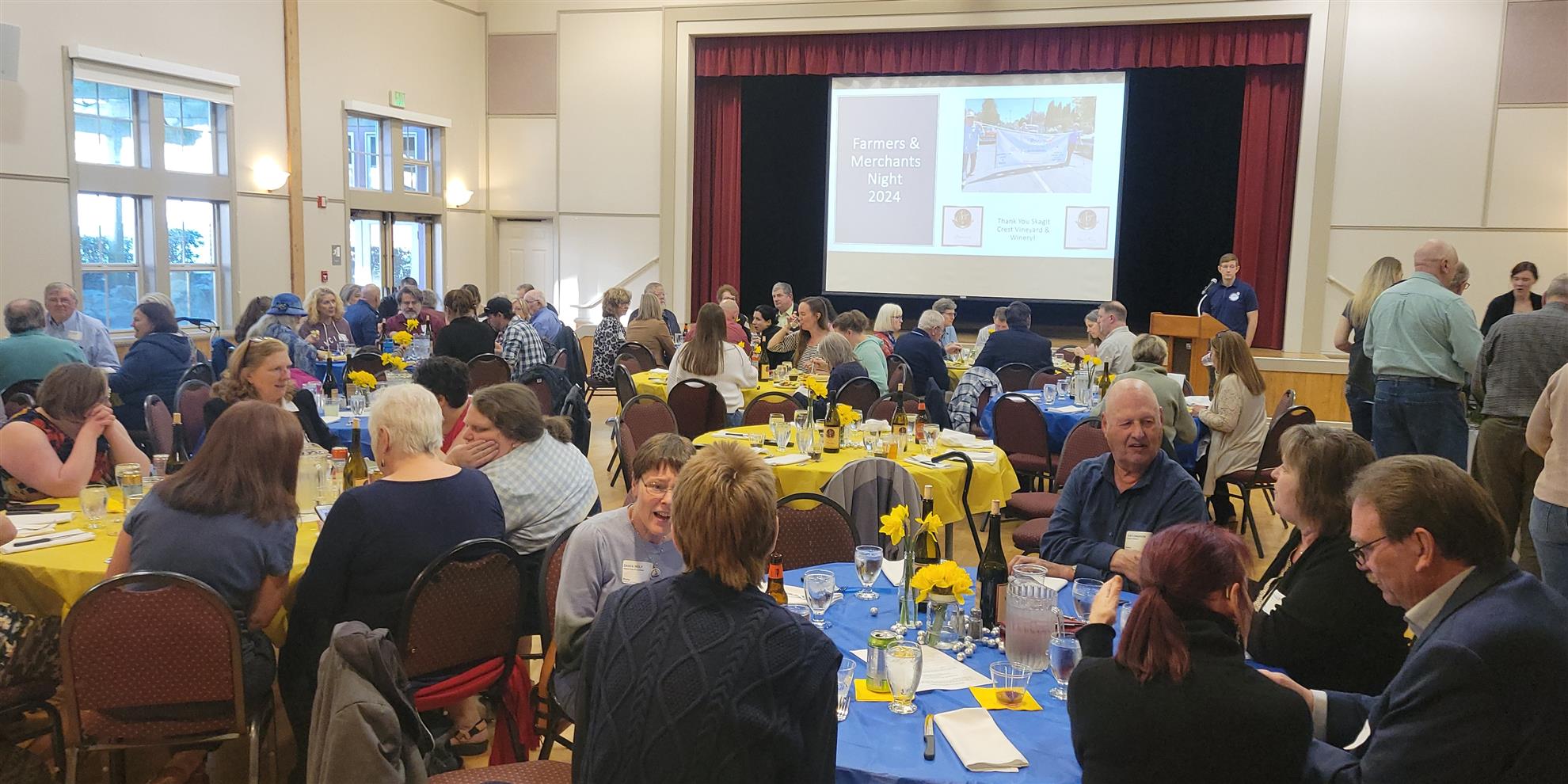
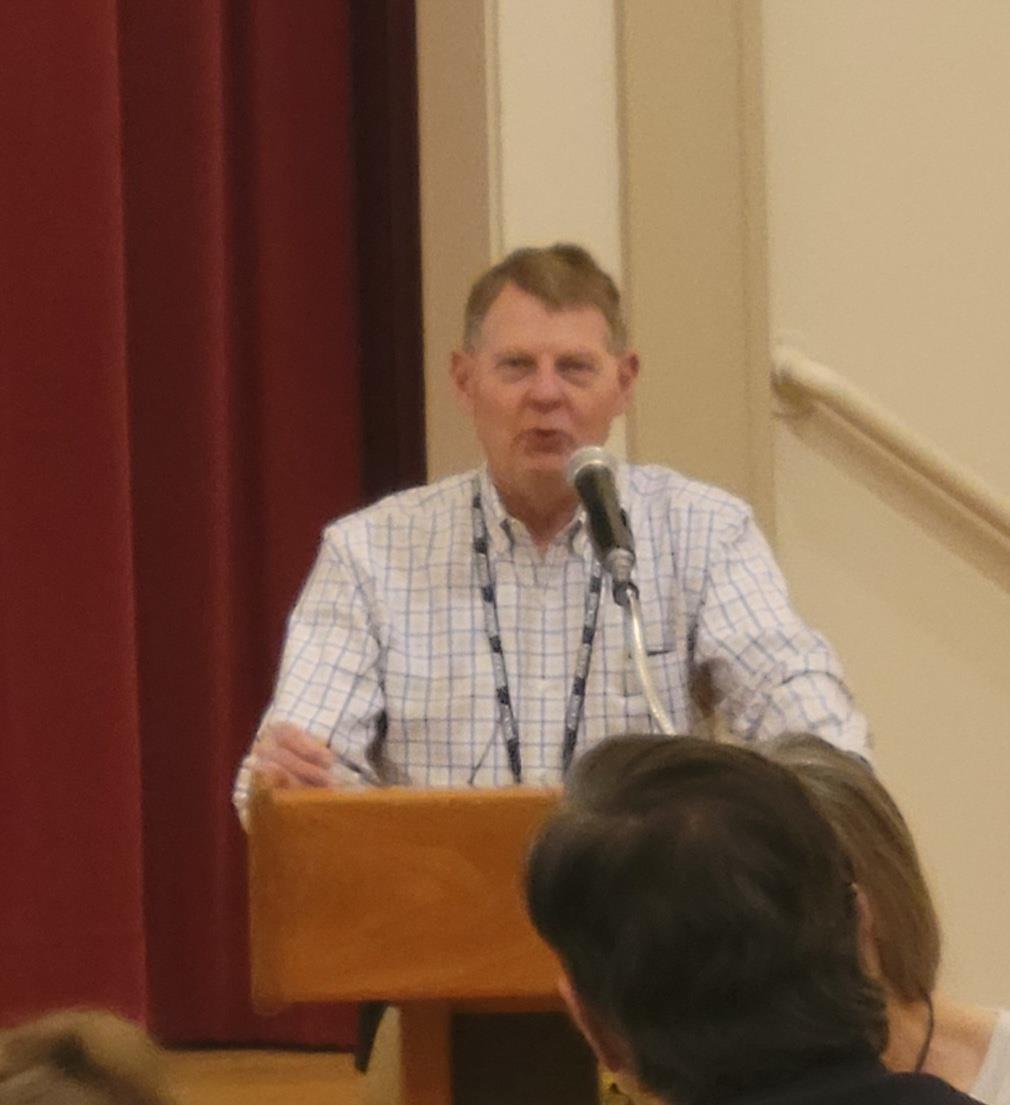
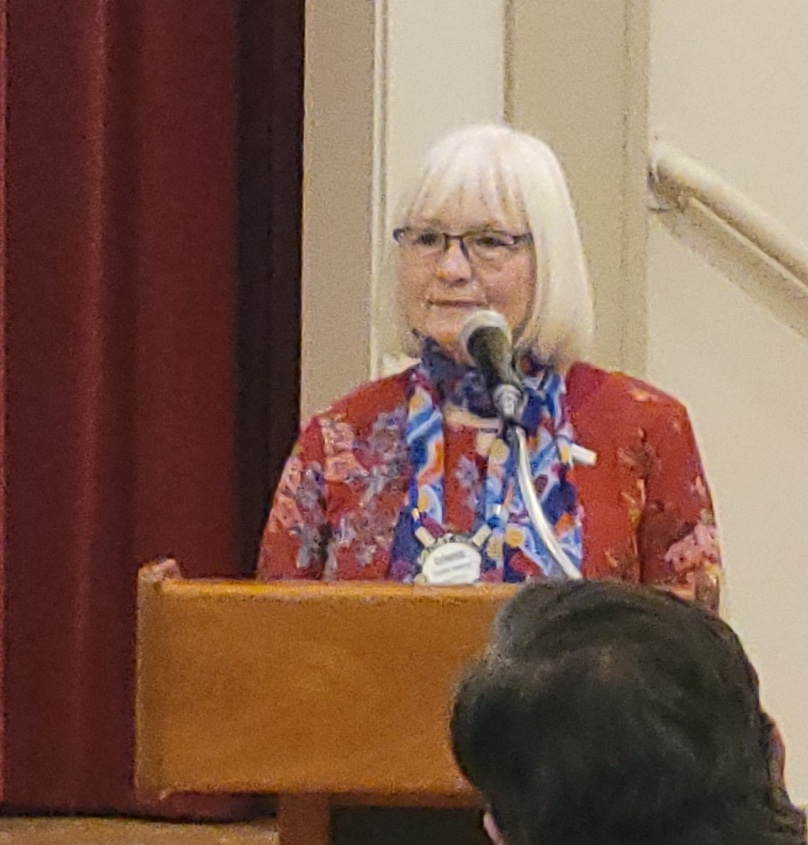
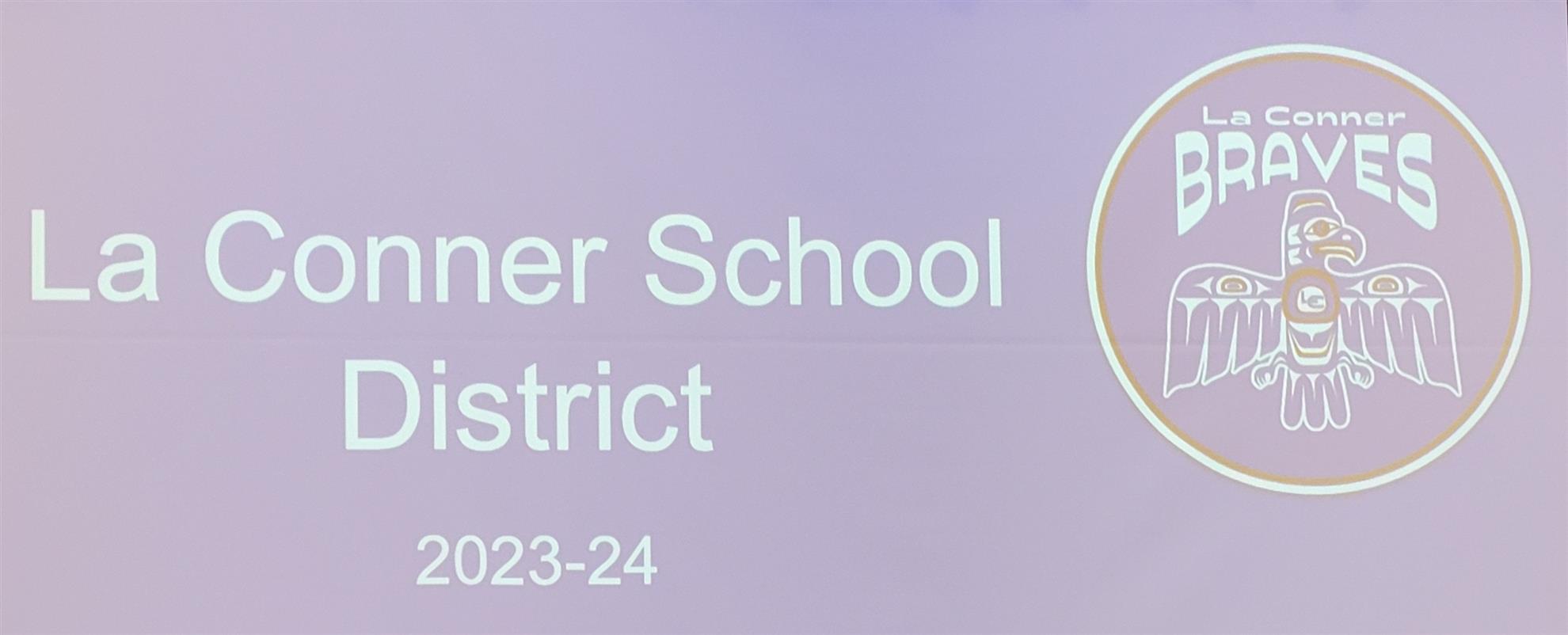
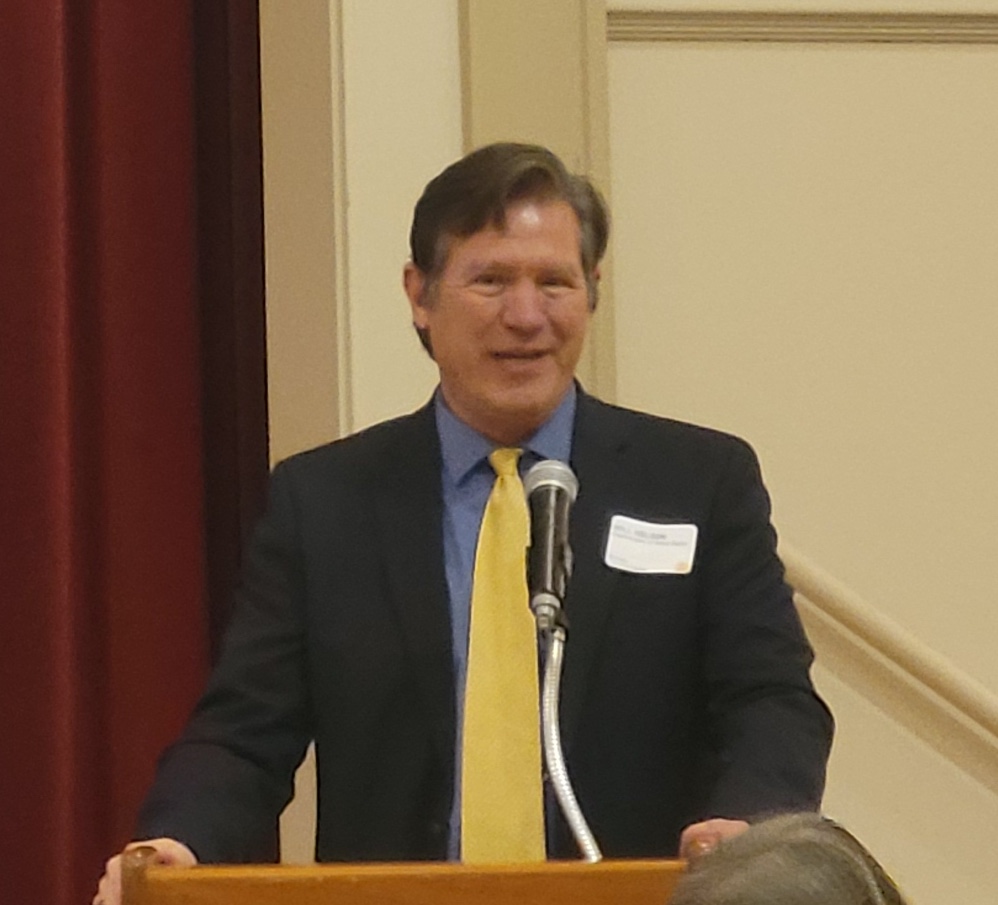
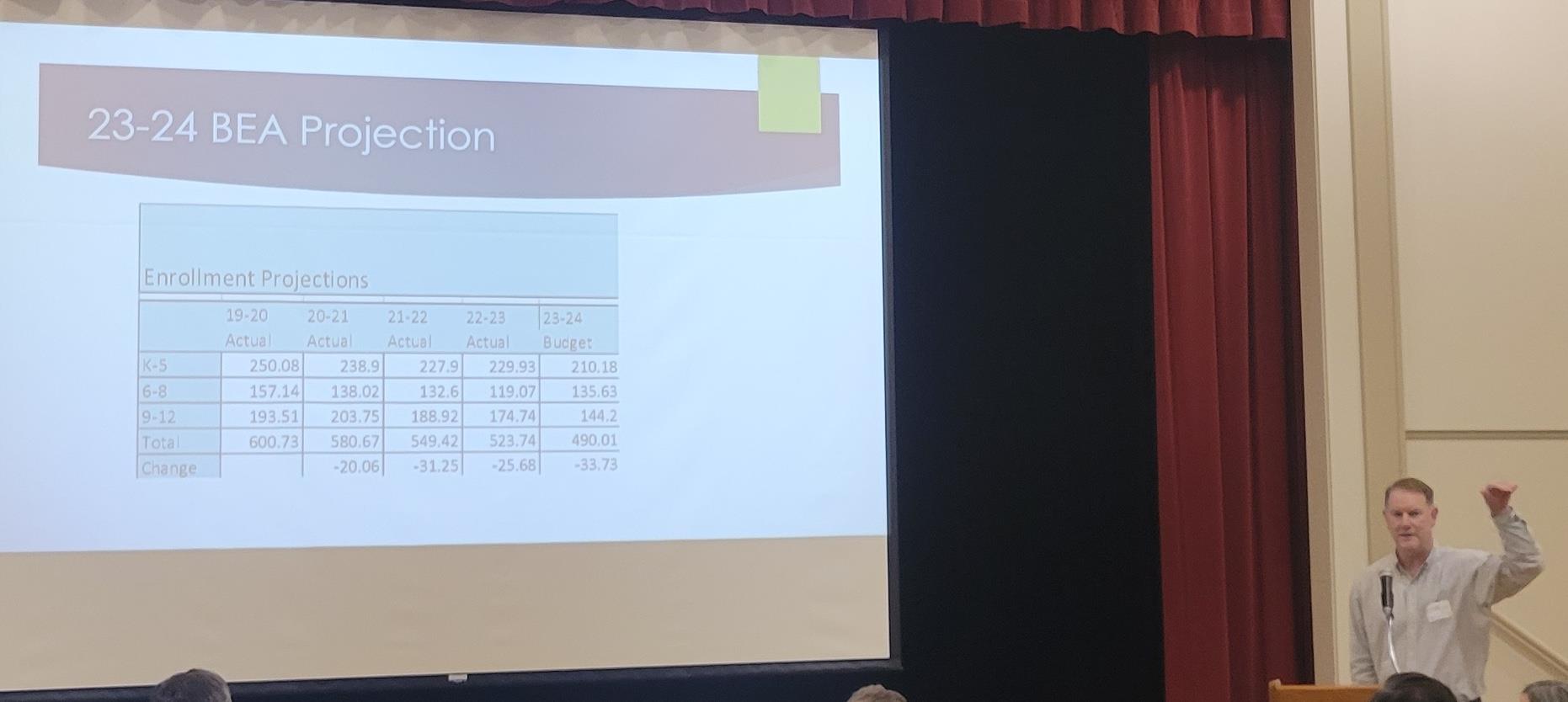
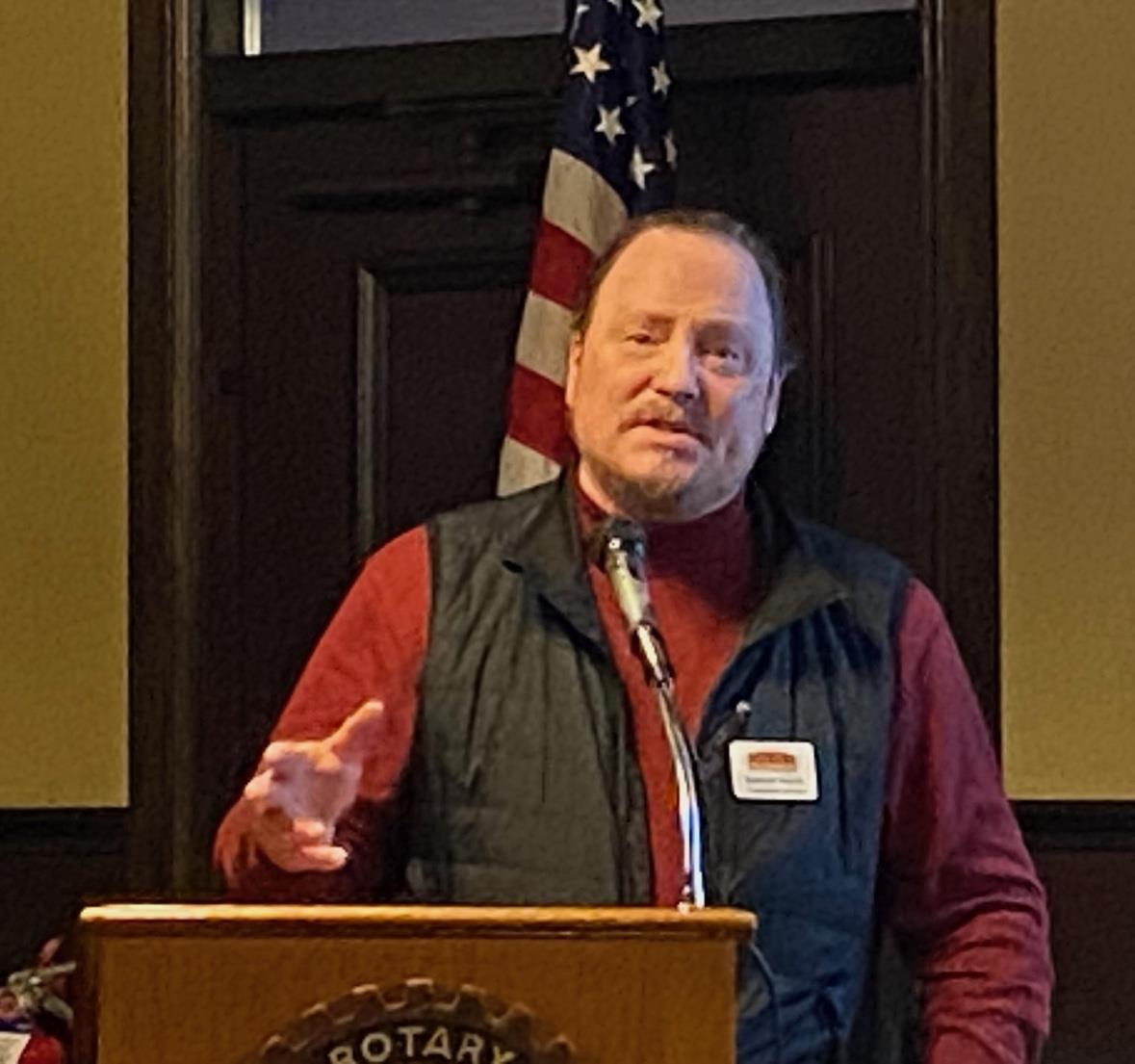
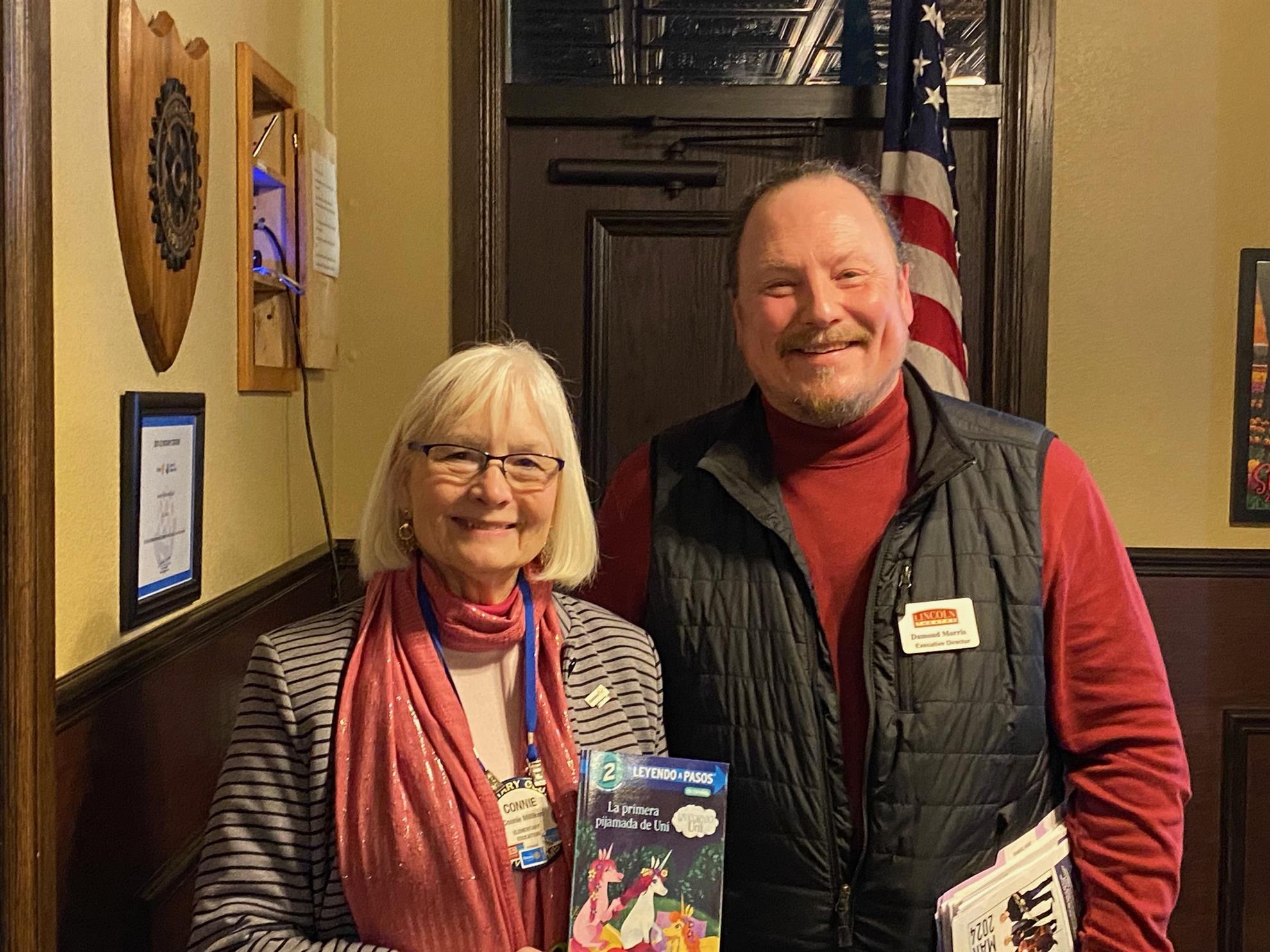

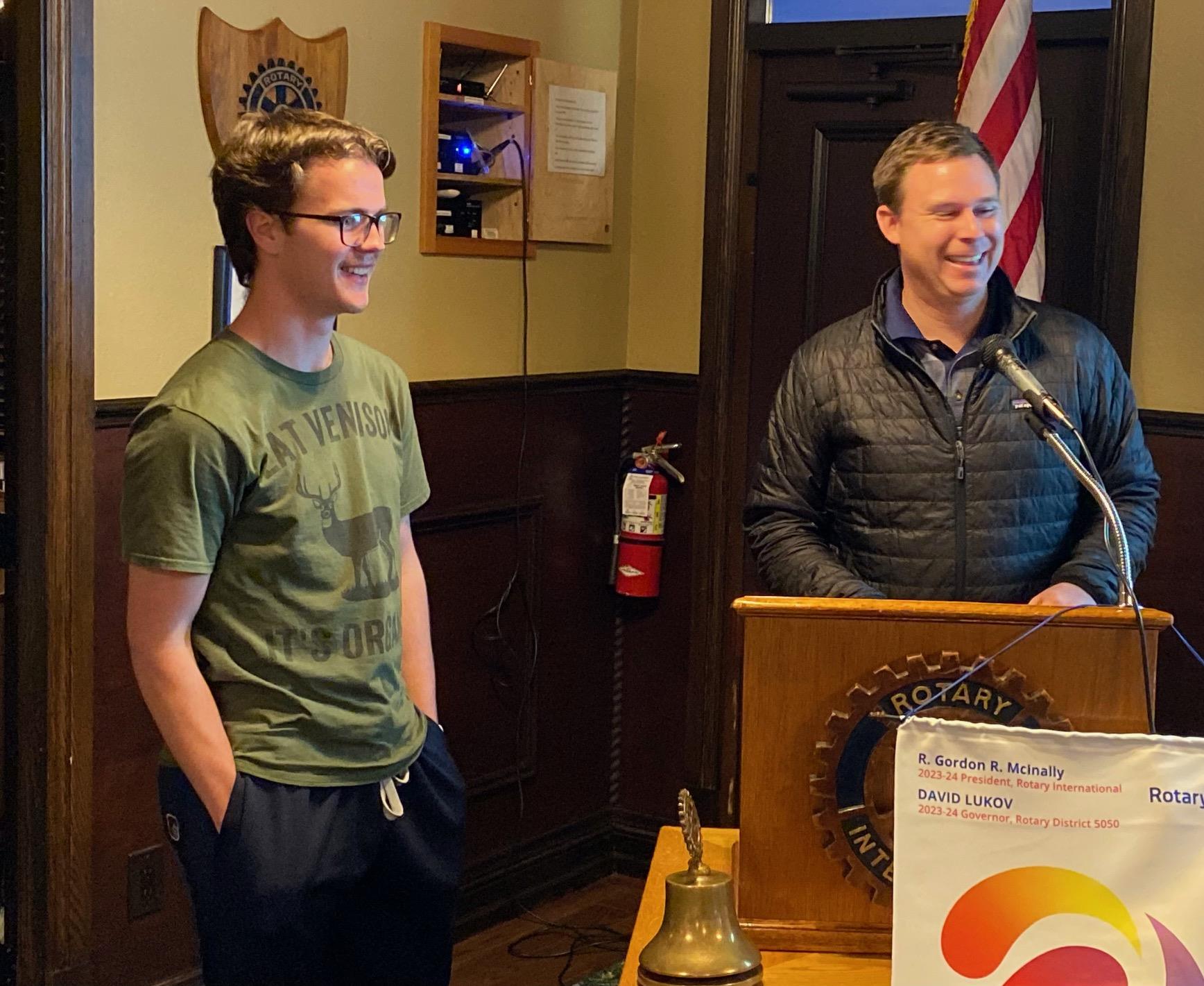
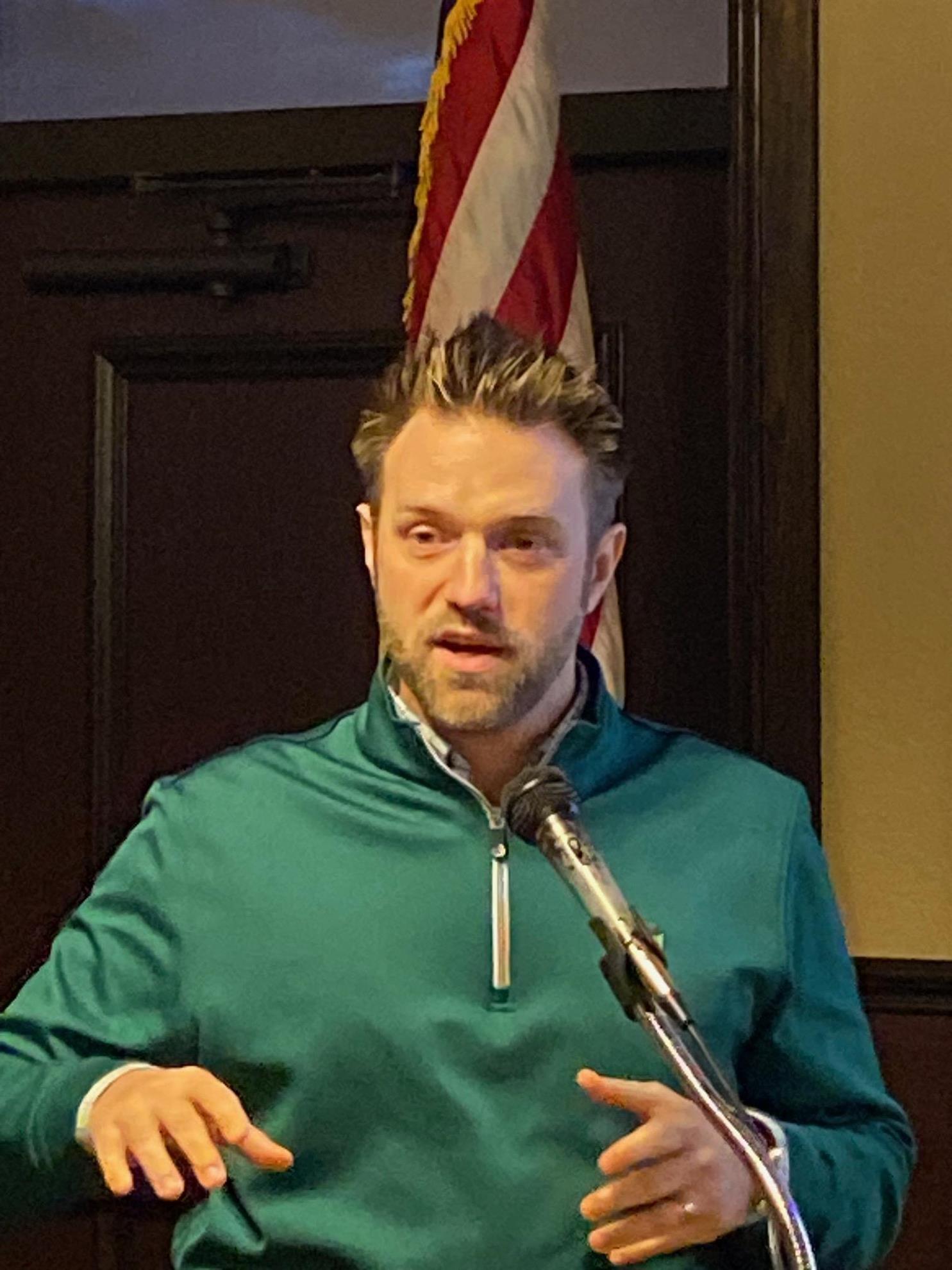
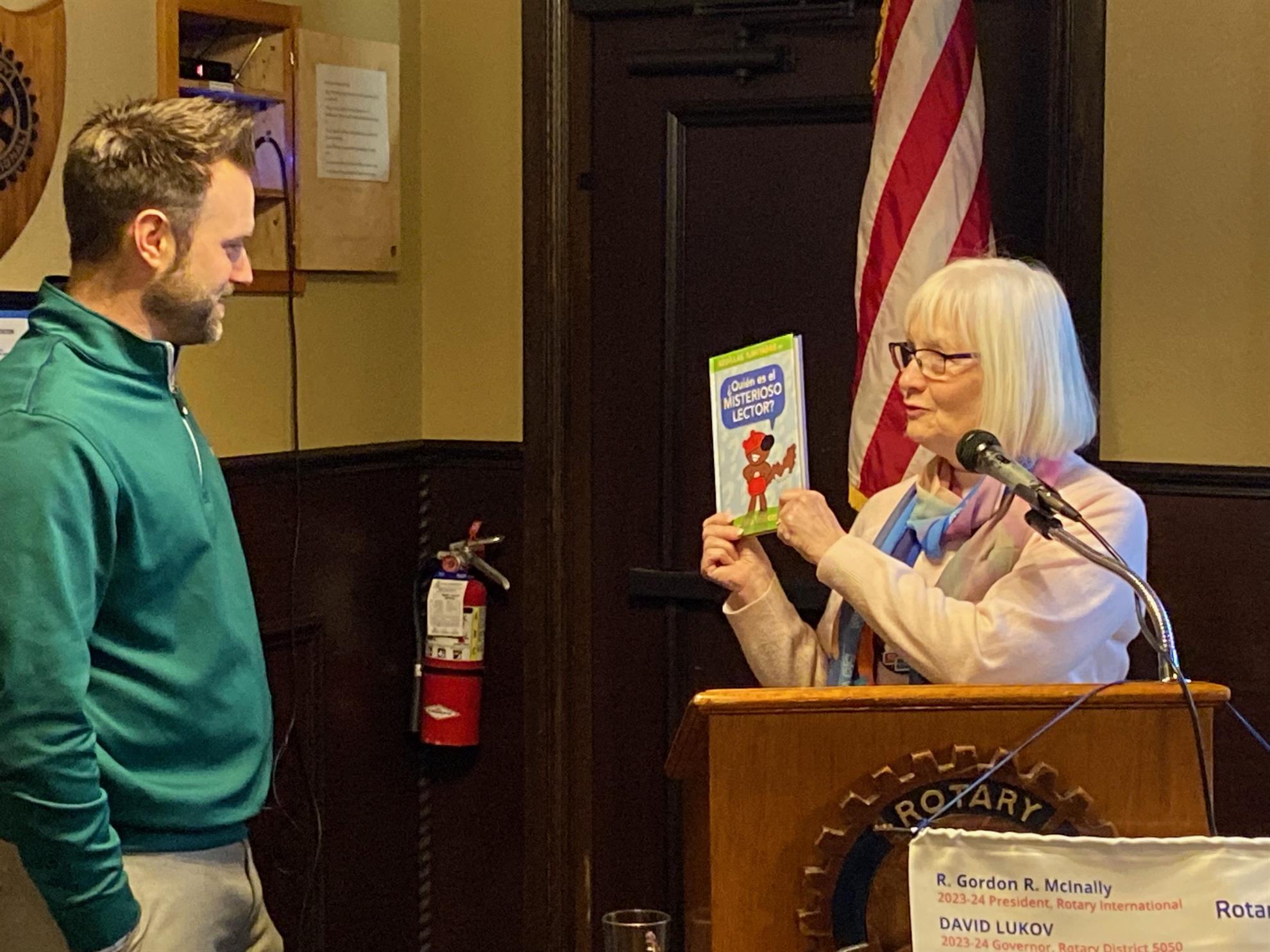
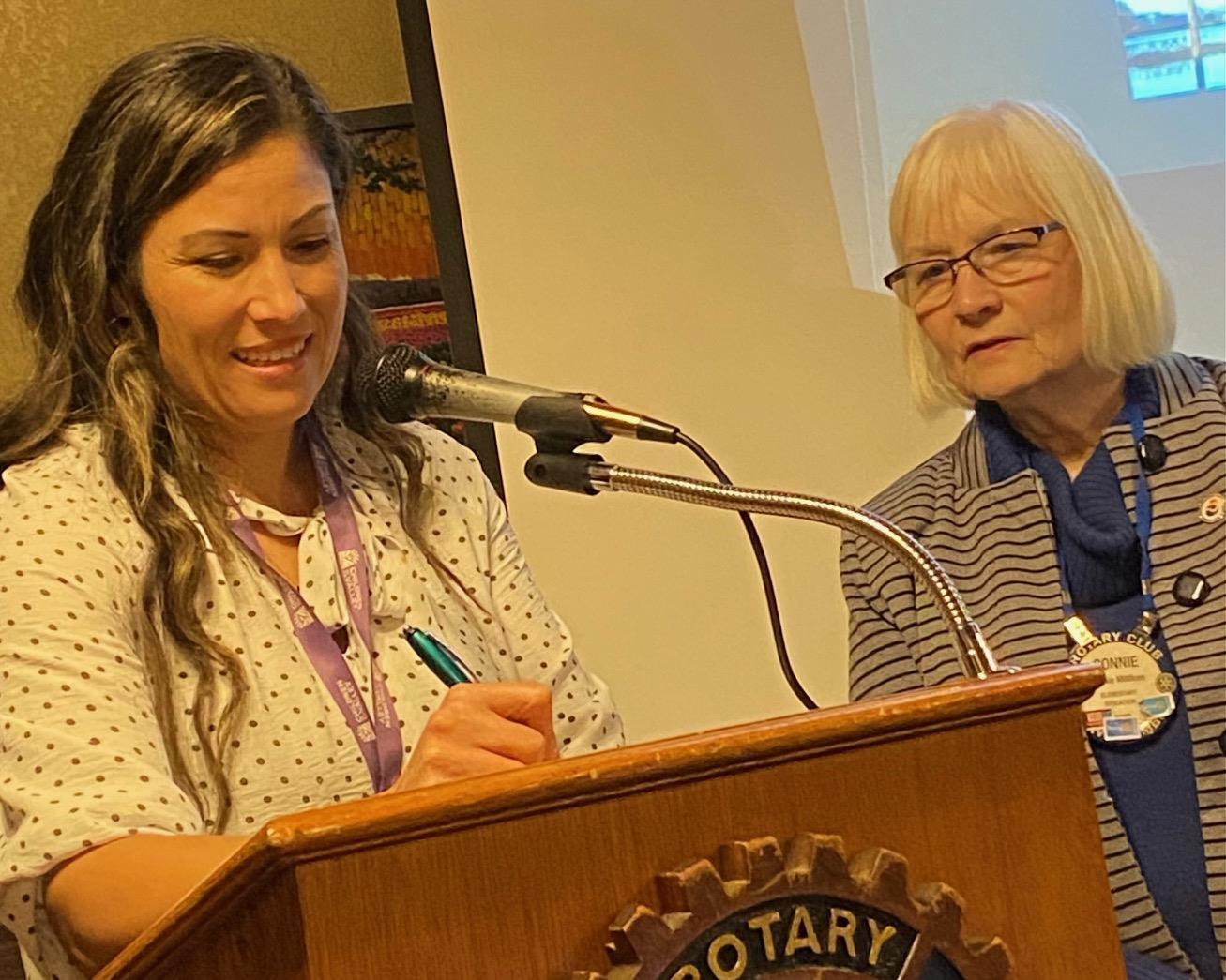
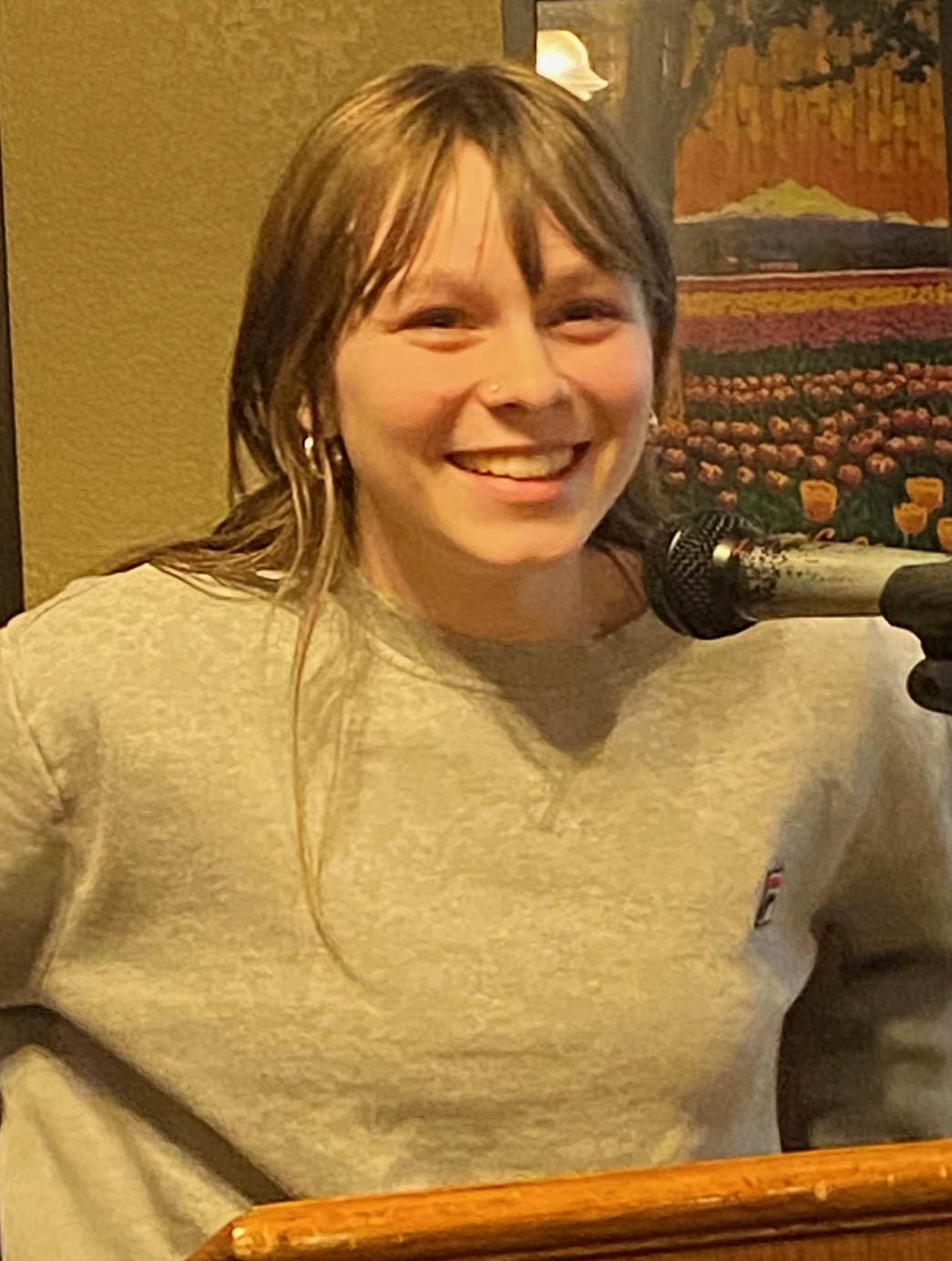
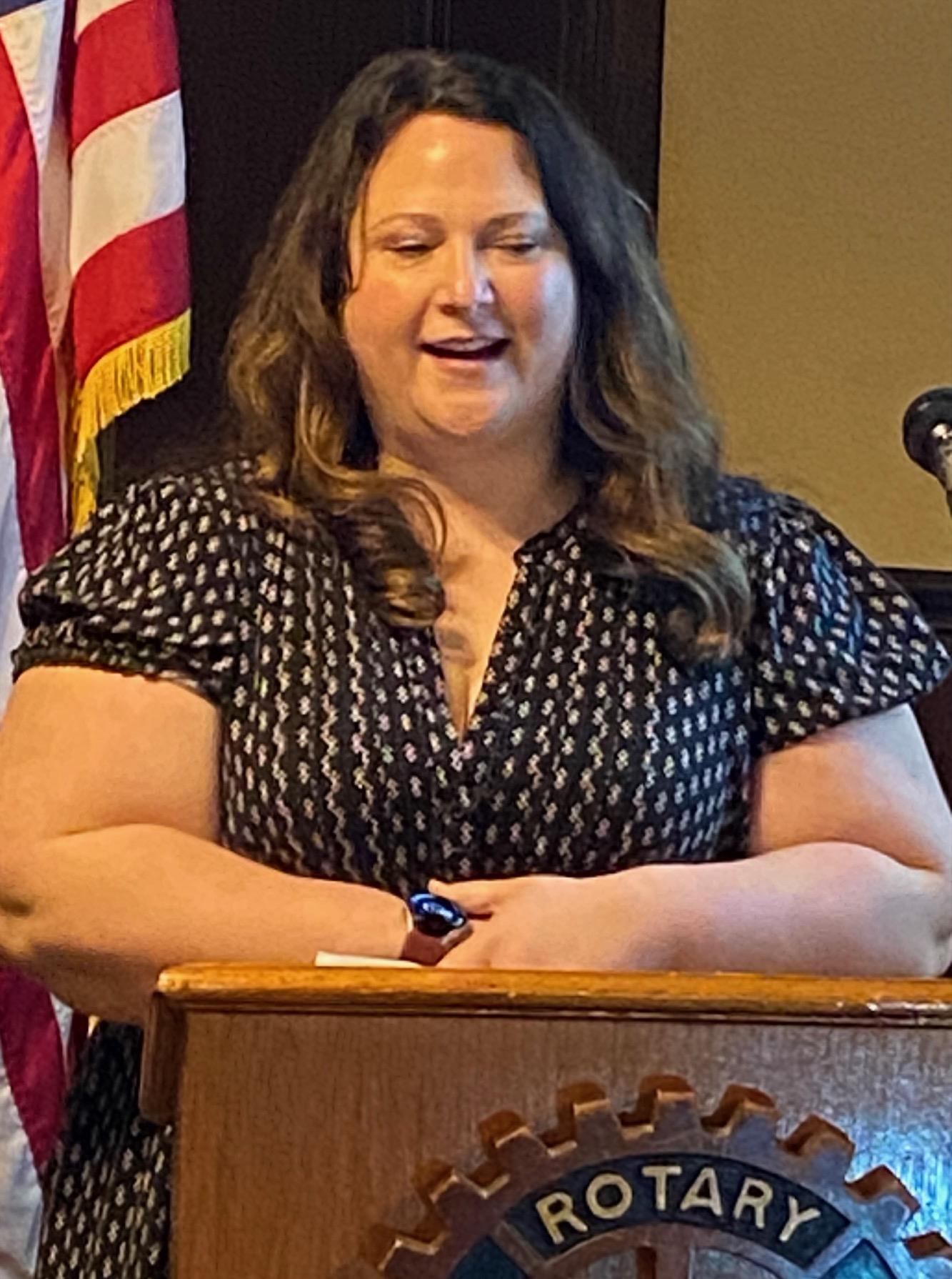
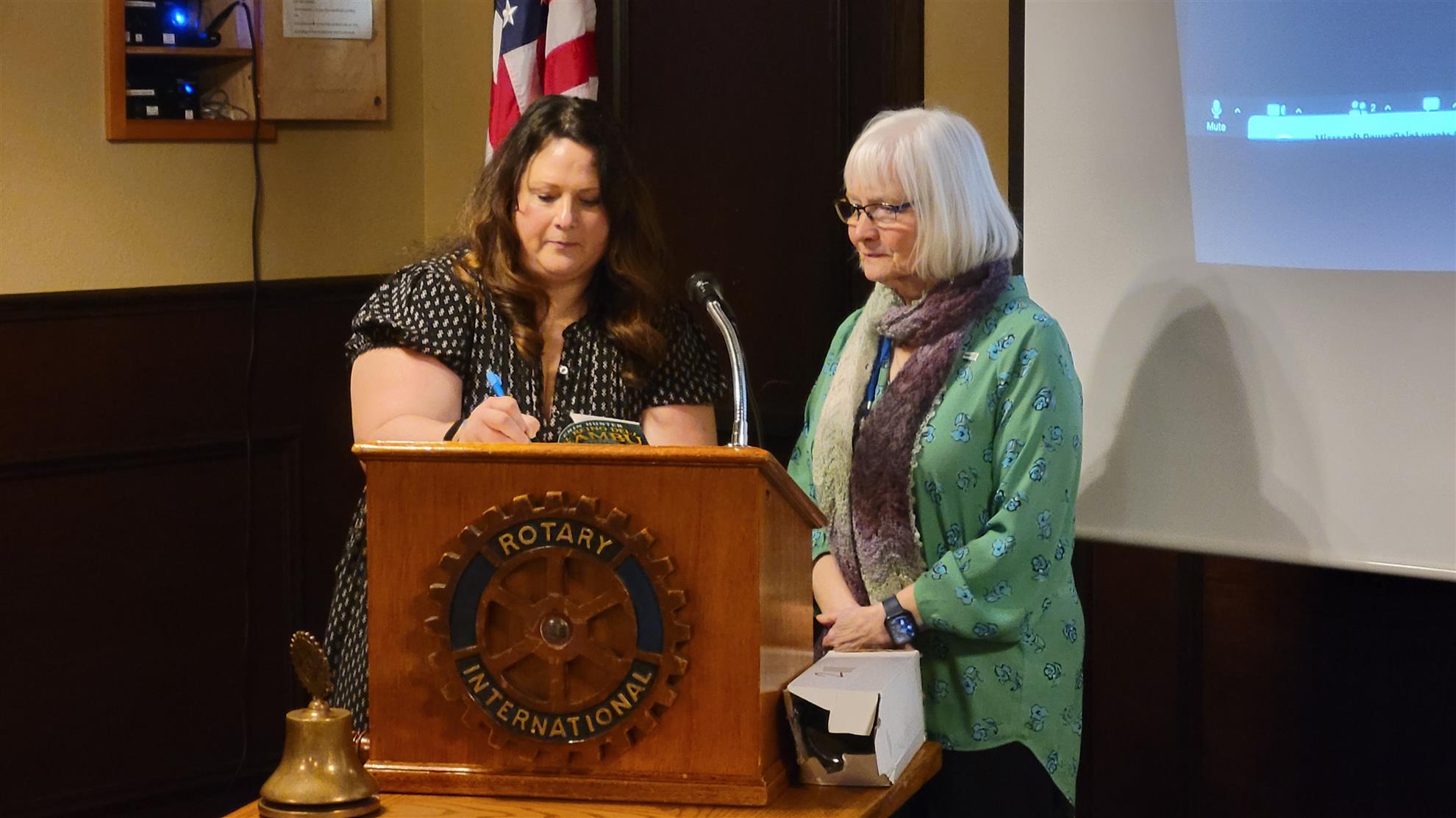
YES - YOUTH ENGAGED in SERVICE 2023-2024 LOCAL & INTERNATIONAL PROGRAM Supported by Rotary Clubs in Washington and Canada Through the Burlington Rotary Foundation
LUCK O’ THE IRISH GAME NIGHT
When: Saturday – March 2nd – 5:00 to 9:00 p.m.
Why: Meet the 2023-2024 YES Team and help them raise funds for the work projects they will be doing in a remote village in Honduras in June.
Where: Maple Hall, 104 Commercial, La Conner, Washington
Cost: $65 per person which includes dinner, desserts, wine, beer, and pop. If you buy a ticket and can’t attend, your ticket number will still be eligible to win a prize; you just won’t have all the fun!!!
NEW – sign up on line!
https://auctria.events/LuckoftheIrish2024
Contact Suzanne Radenkovic for more information (425-422-2759) or send your check made payable to the Burlington Rotary Foundation - YES to Suzanne at P.O. Box 185, Burlington, WA 98233.
The Game:
You receive a bid card that has all the ticket numbers of the guests.
You bet another guest who will stay in the game the longest. You can bet as much as you like, but
most bets are $1. You indicate your bet on each other’s card. These wagers are between you and
the other guests. If you win, you get $1 from that player. If you lose, you pay them $1!
Throughout the evening, 10 numbers are randomly drawn.
If your number is called, you are out of the game and you owe the guests you bet that are still in
the game, the amount you bet them. If their number is called first, they owe you. Everyone either
pays up or collects if they bet any of the numbers drawn.
Extra numbers will be auctioned off several times during the evening. You can buy a second number
for additional chances to win or to get back into the game if your original number has already been
drawn.
Each round, the 10 numbers that were drawn are put into another drawing and one of those numbers
is drawn and wins a prize.
The first three numbers drawn receive prizes as well as the last three numbers drawn at the end of
the evening.
This is a great social event for adults to mingle, laugh, play a game, and have a lot of fun raising money for a worthy cause. All funds raised go to the project!
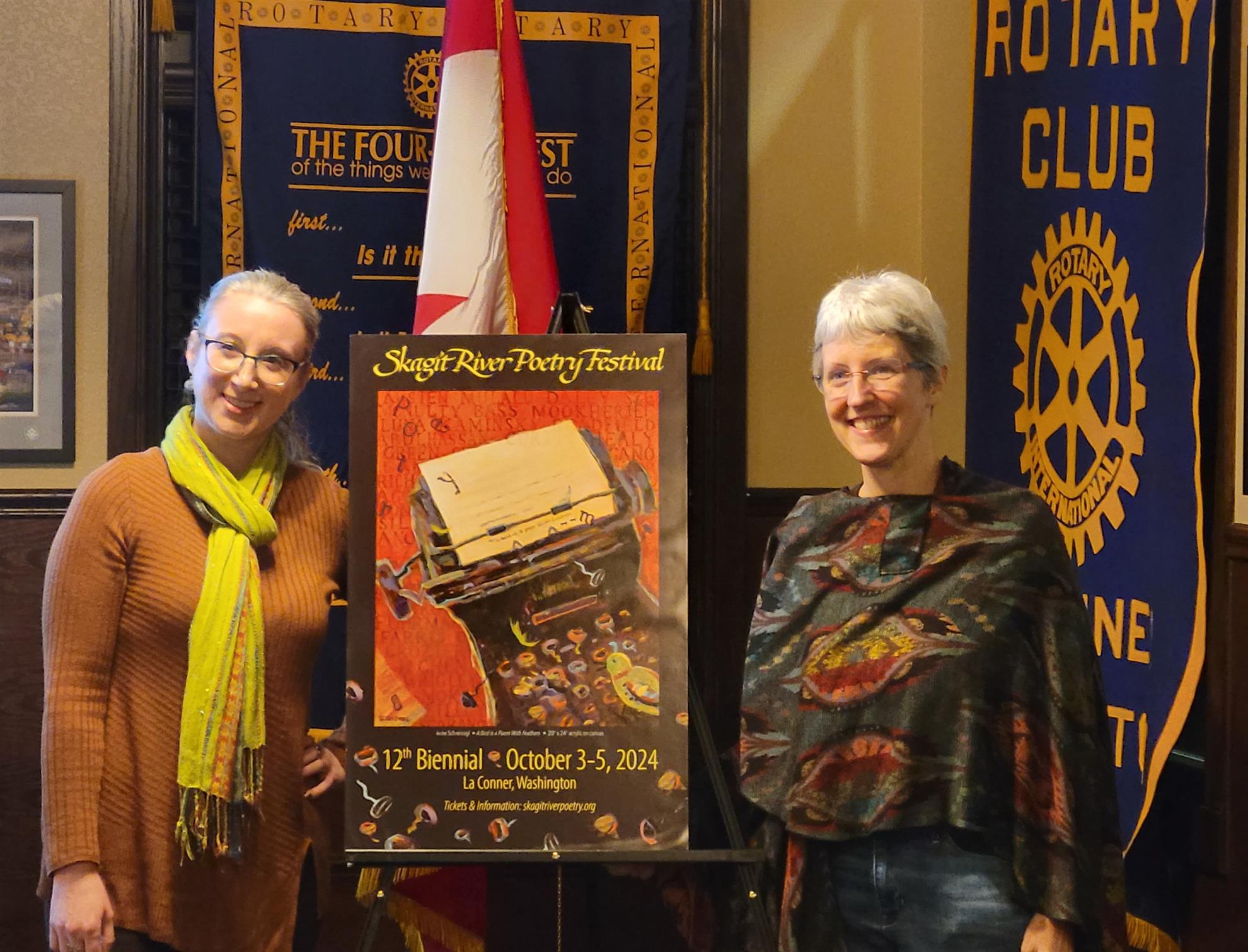
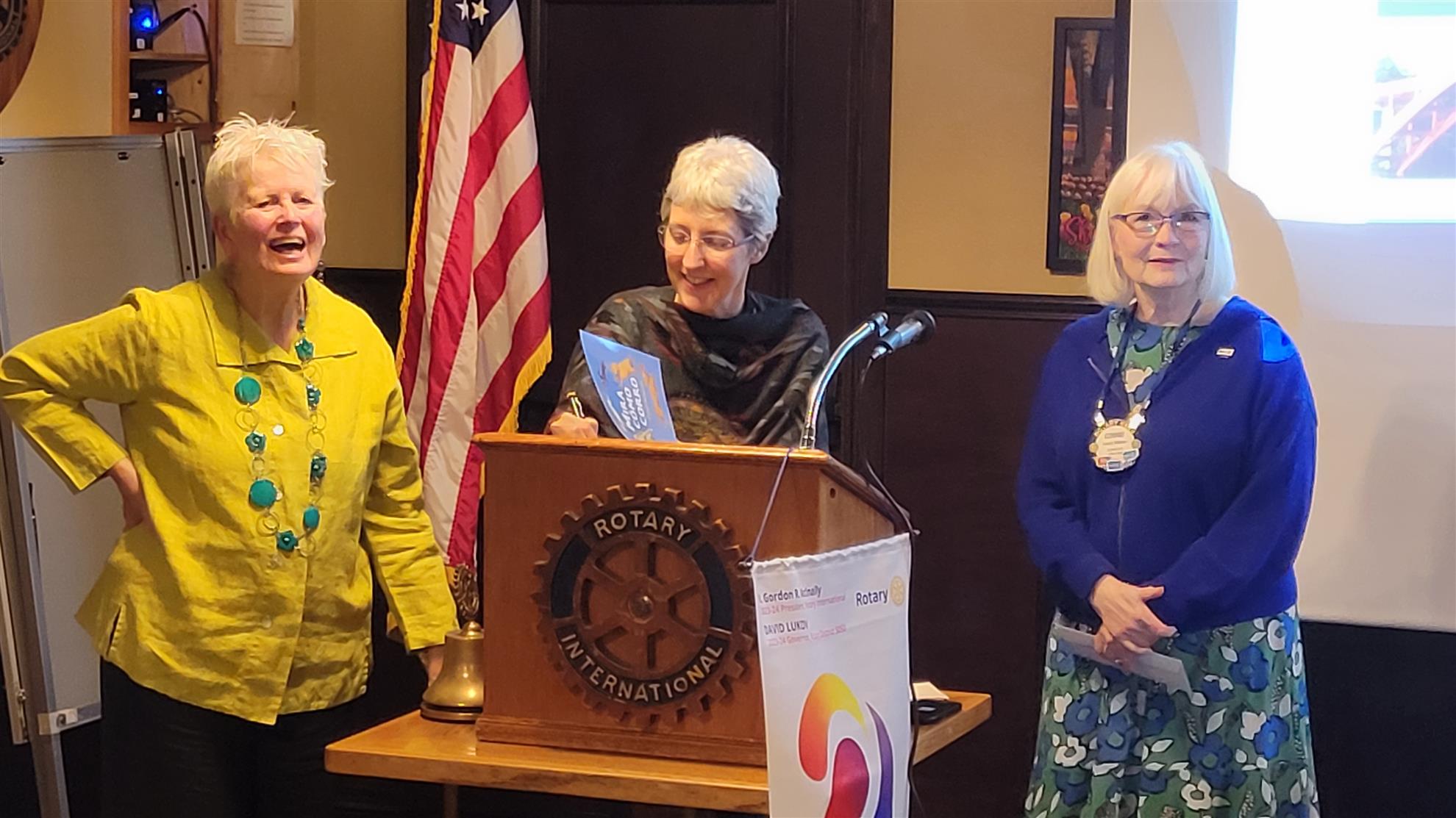
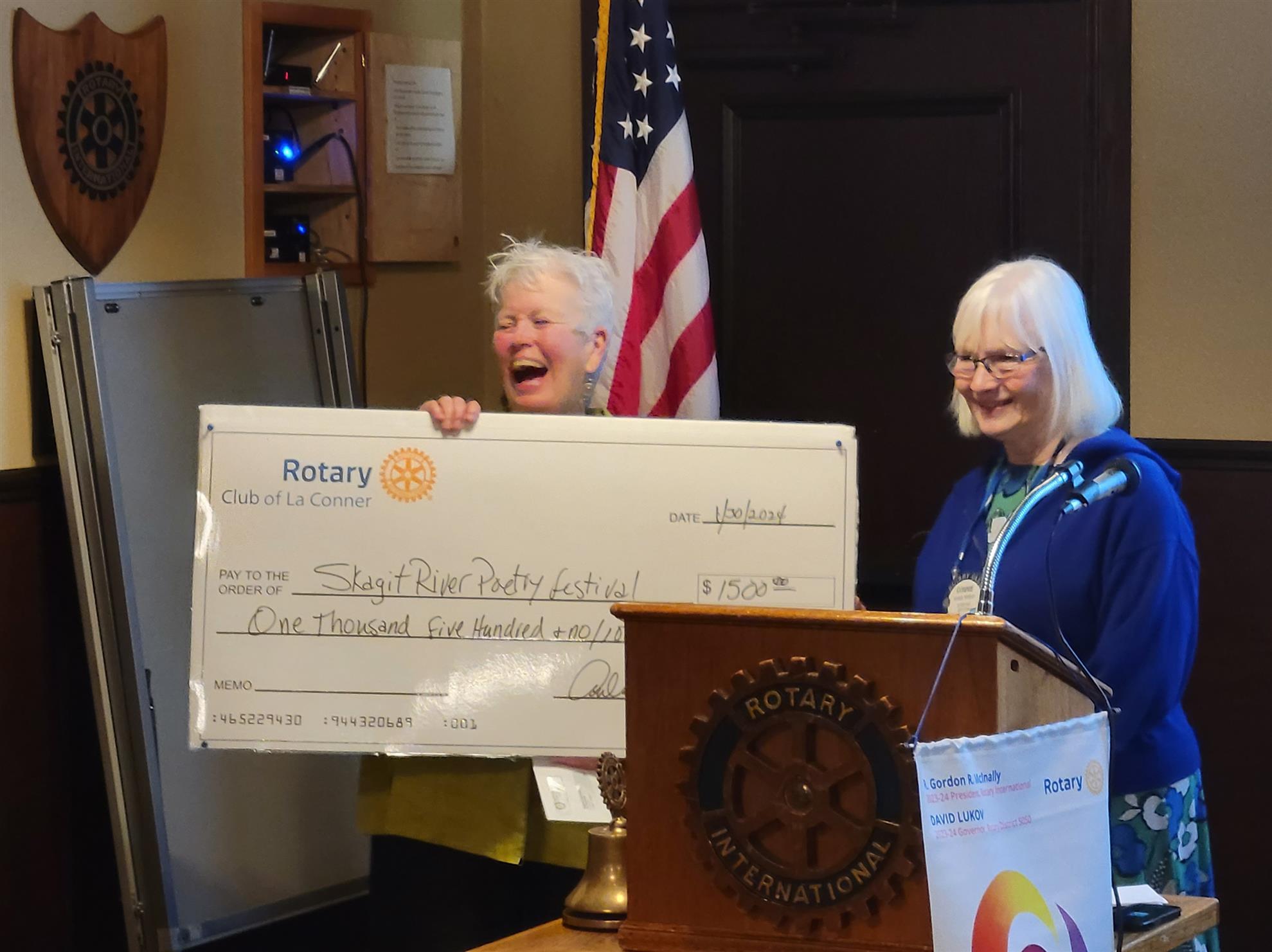
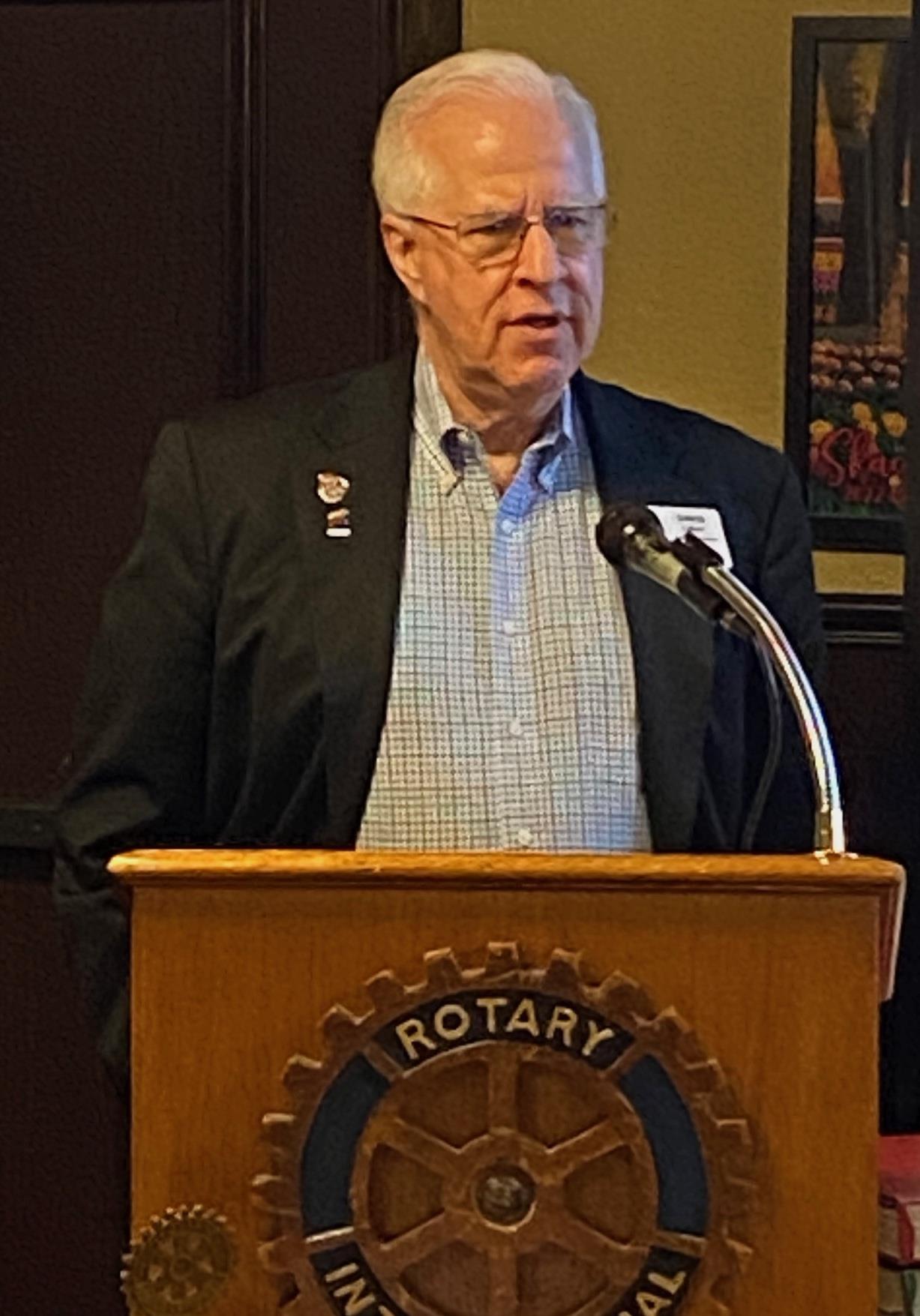
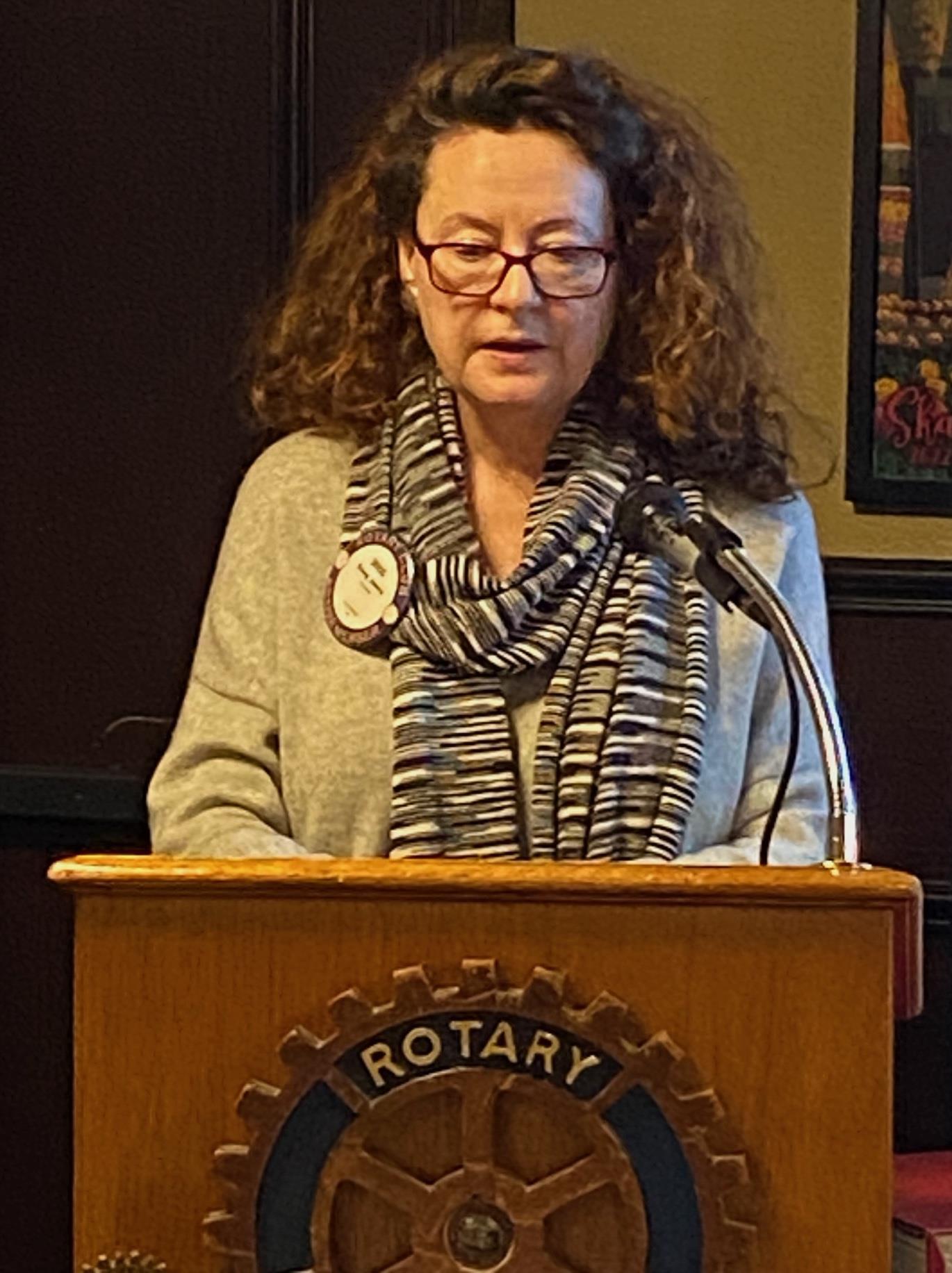
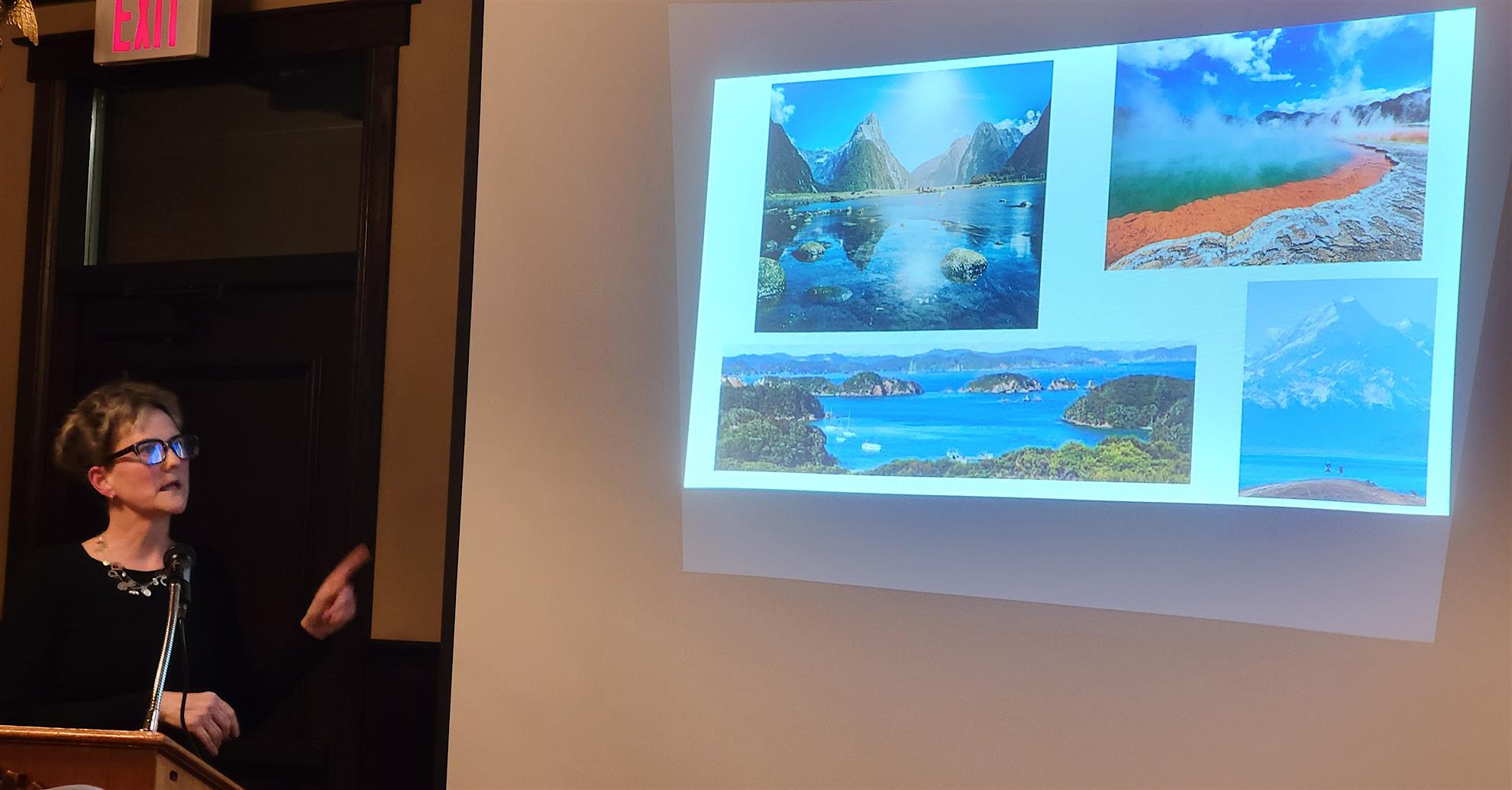
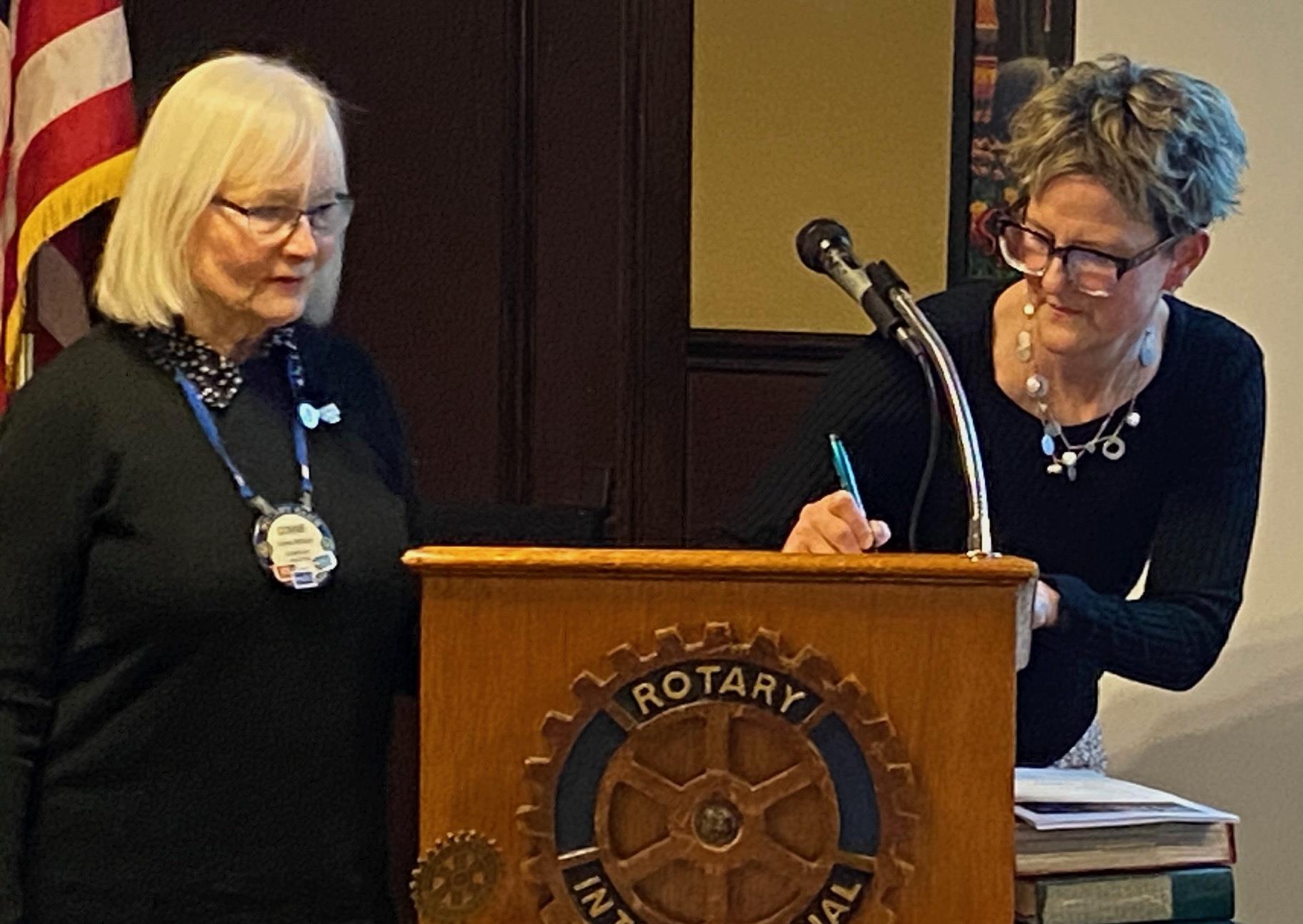
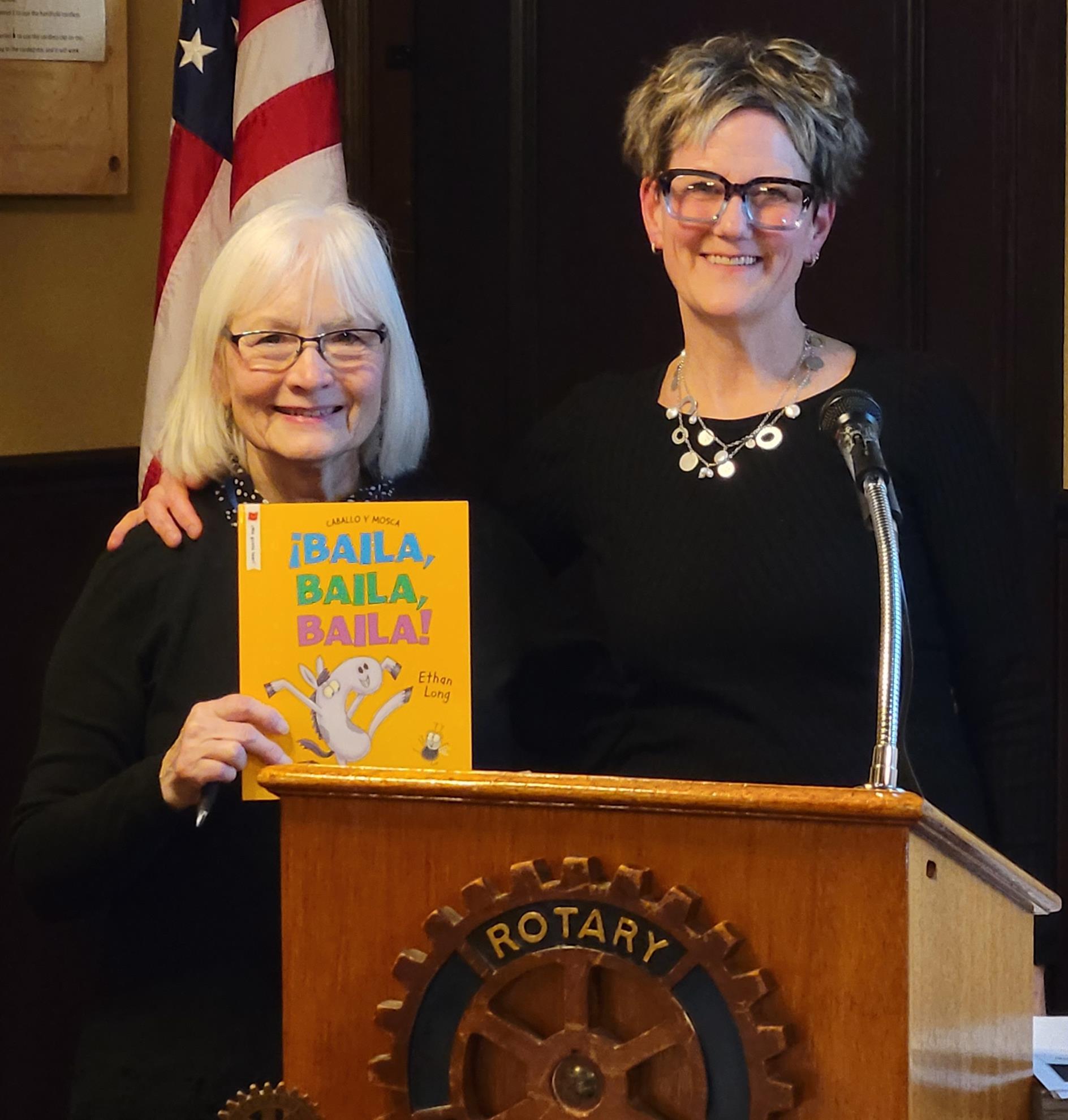
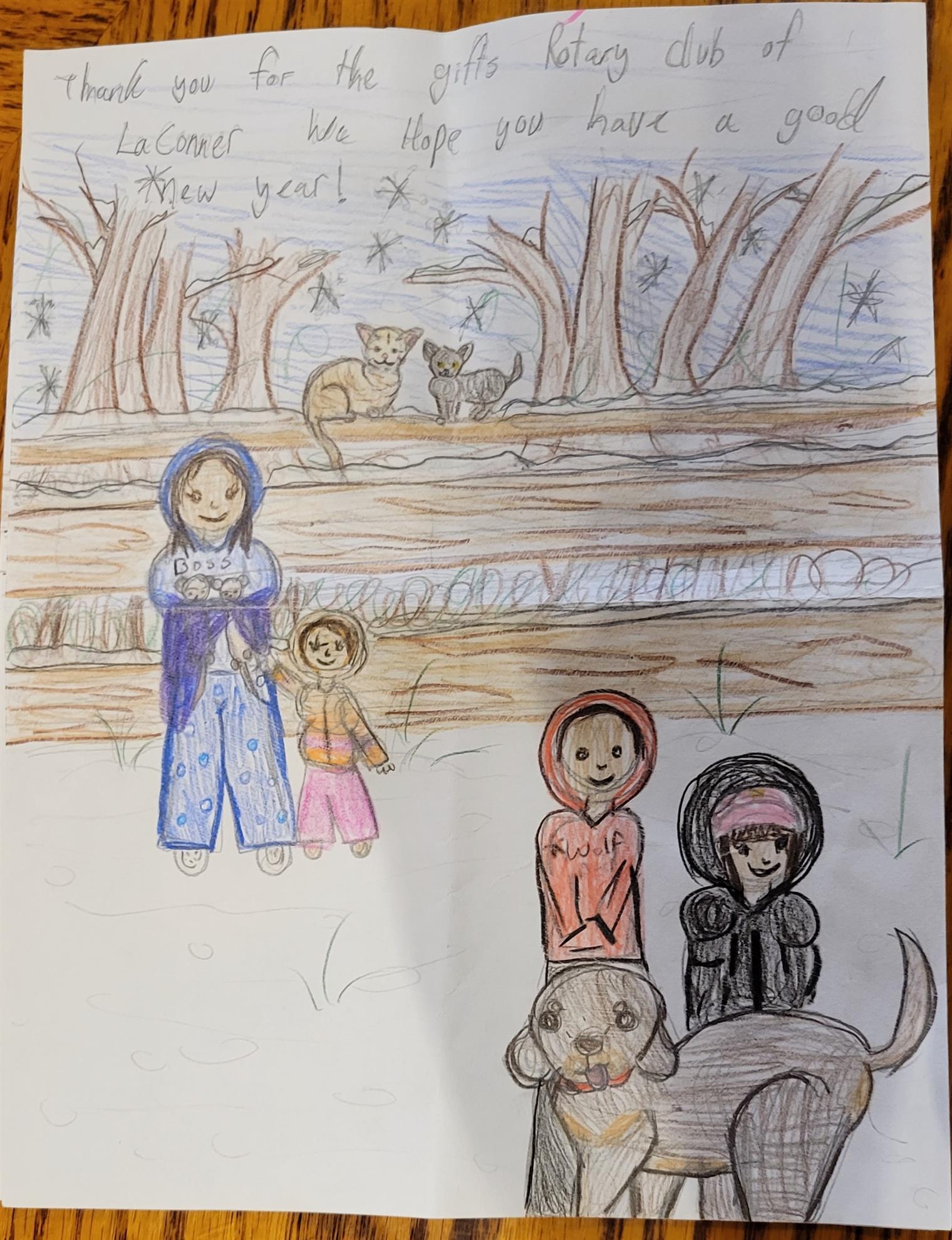
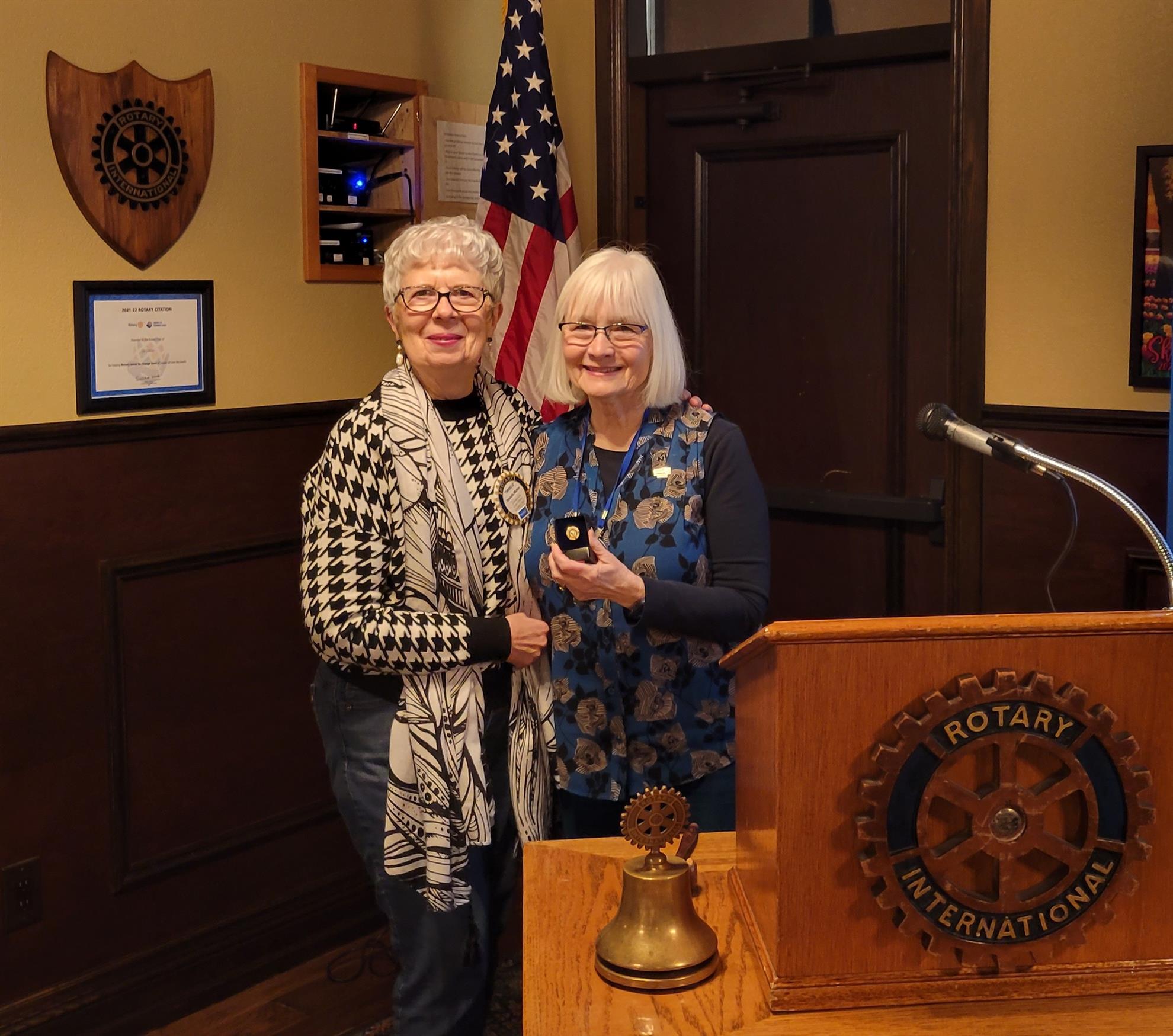
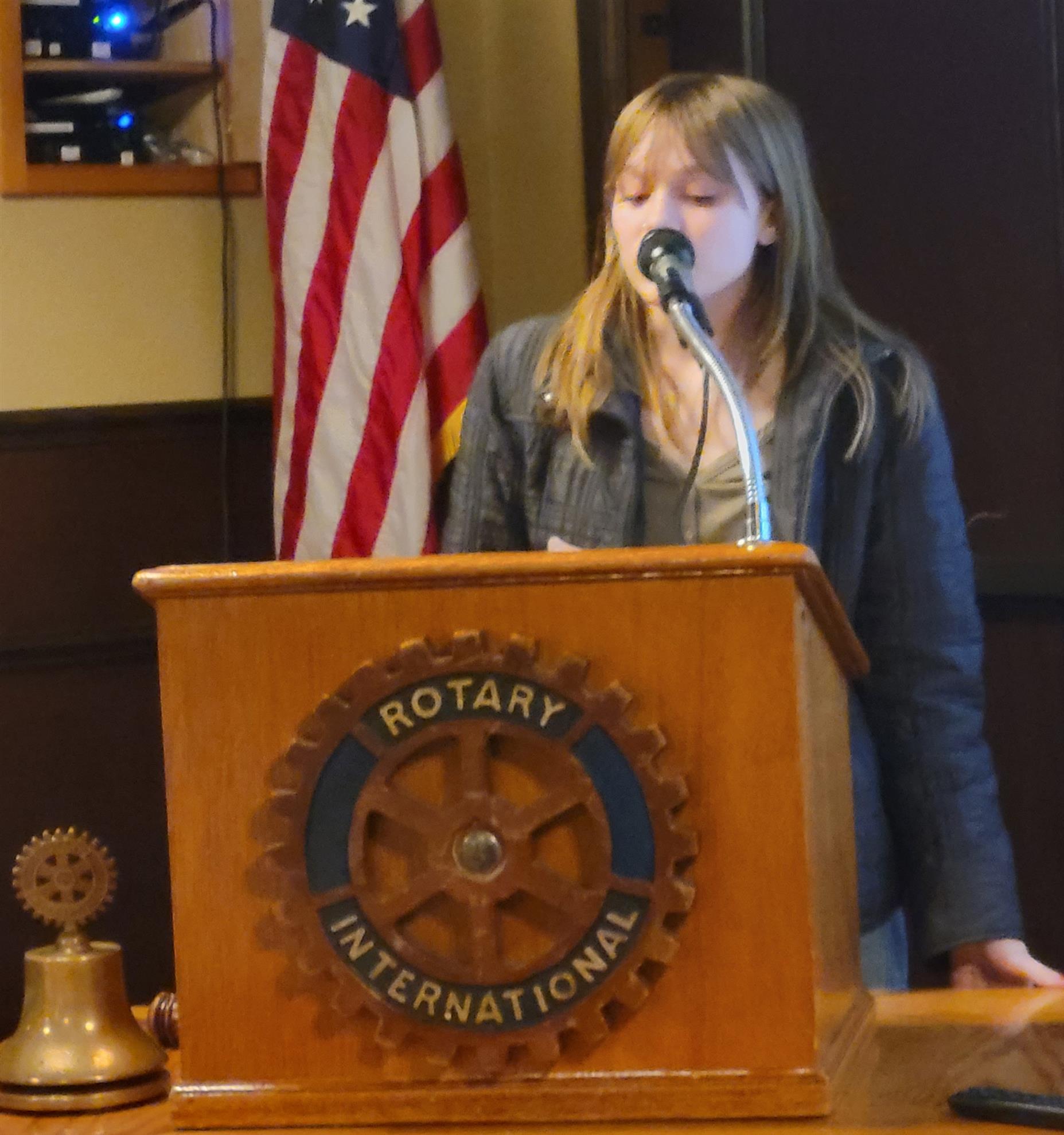
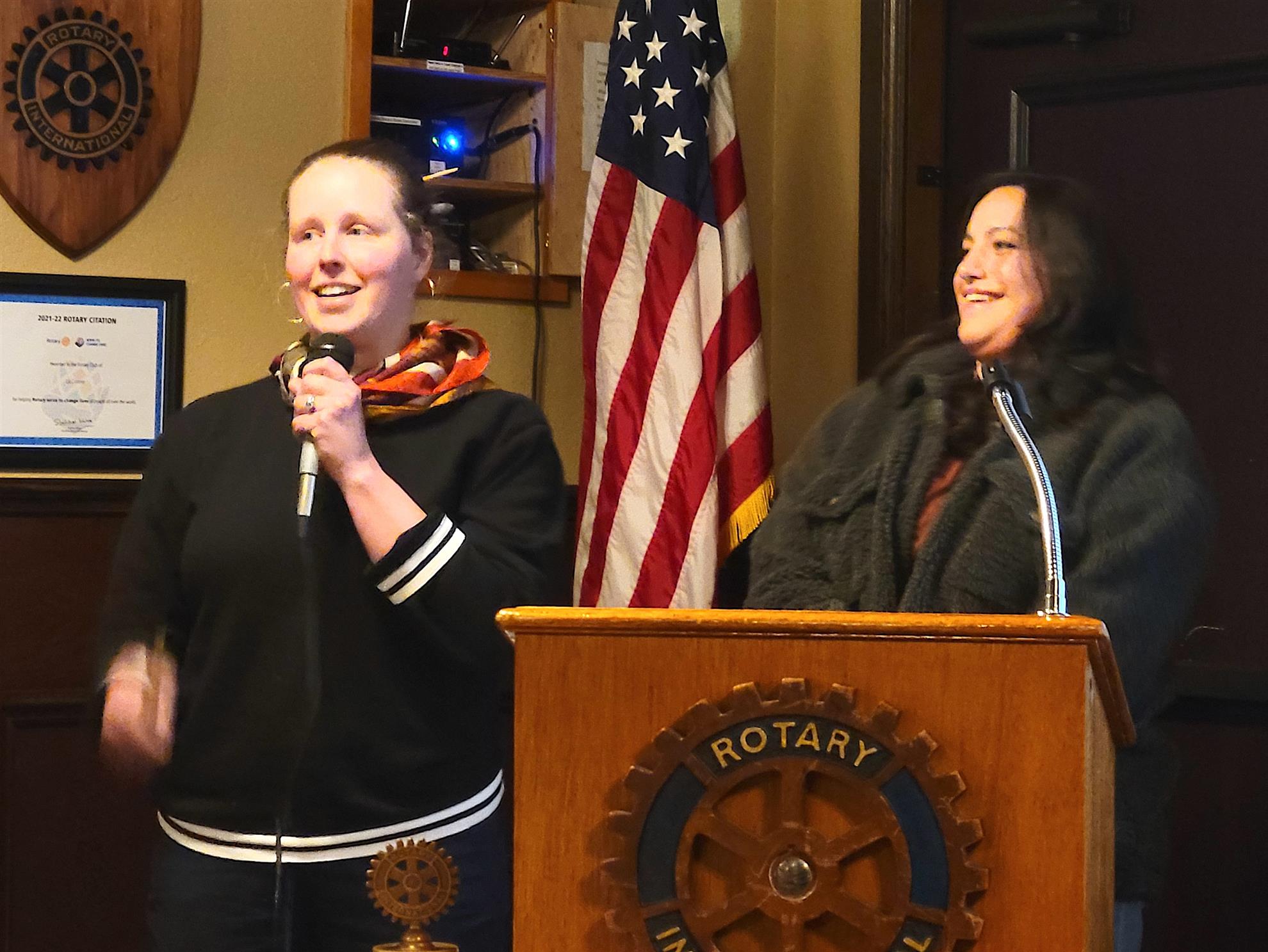
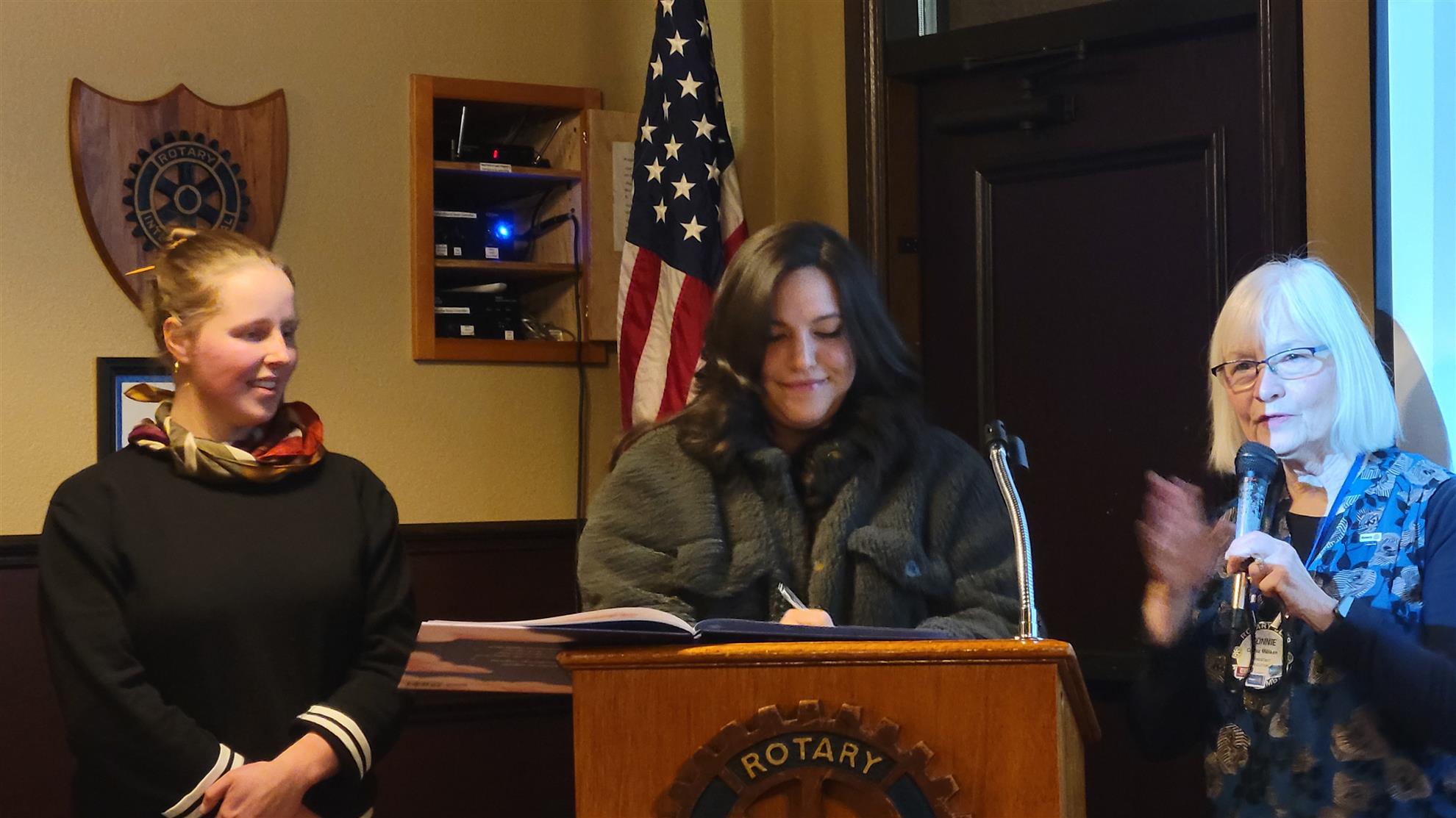
For more than two-thirds of his life, Doug Jones has been a Rotarian. The 95-year-old Channel Drive resident joined Rotary when he was 31. He has been a Rotarian longer than the 52 years he was married to his late wife Ruth and almost, but not quite, longer than he has been a father.
"Rotary has been a way of life," Jones told an appreciative crowd at the Dec. 18 La Conner Rotary Christmas party, as his 64 years with the service club were celebrated.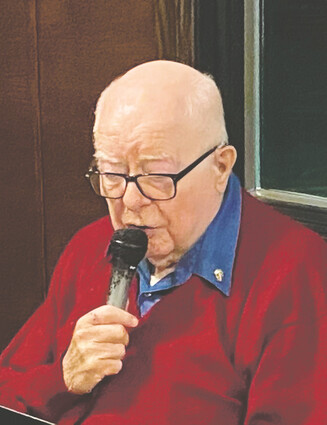
President Milliken, oversees a club that gives away about $100,000 annually. Much of it goes to La Conner Schools as scholarships, clothes for the clothes closet, food for the food closet and support for the preschool and the Braves Club. As part of its focus on literacy, the club pays for a book a month for any child under five within the school district registered in the Dolly Parton Imagination Library.
Rotary is also involved in the development of La Conner's Waterfront Park and gives grants to groups like the Skagit River Poetry Festival, Children of the Valley, and the Anacortes Family Center.
"All of our work is focused on the county, except for our international work in Honduras," Milliken says. Members record 50 to 90 volunteer hours at every Monday meeting as they live out the Rotary slogan, "Service above Self."
.jpg)
Service Above Self
Mount Vernon, WA 98273
United States of America